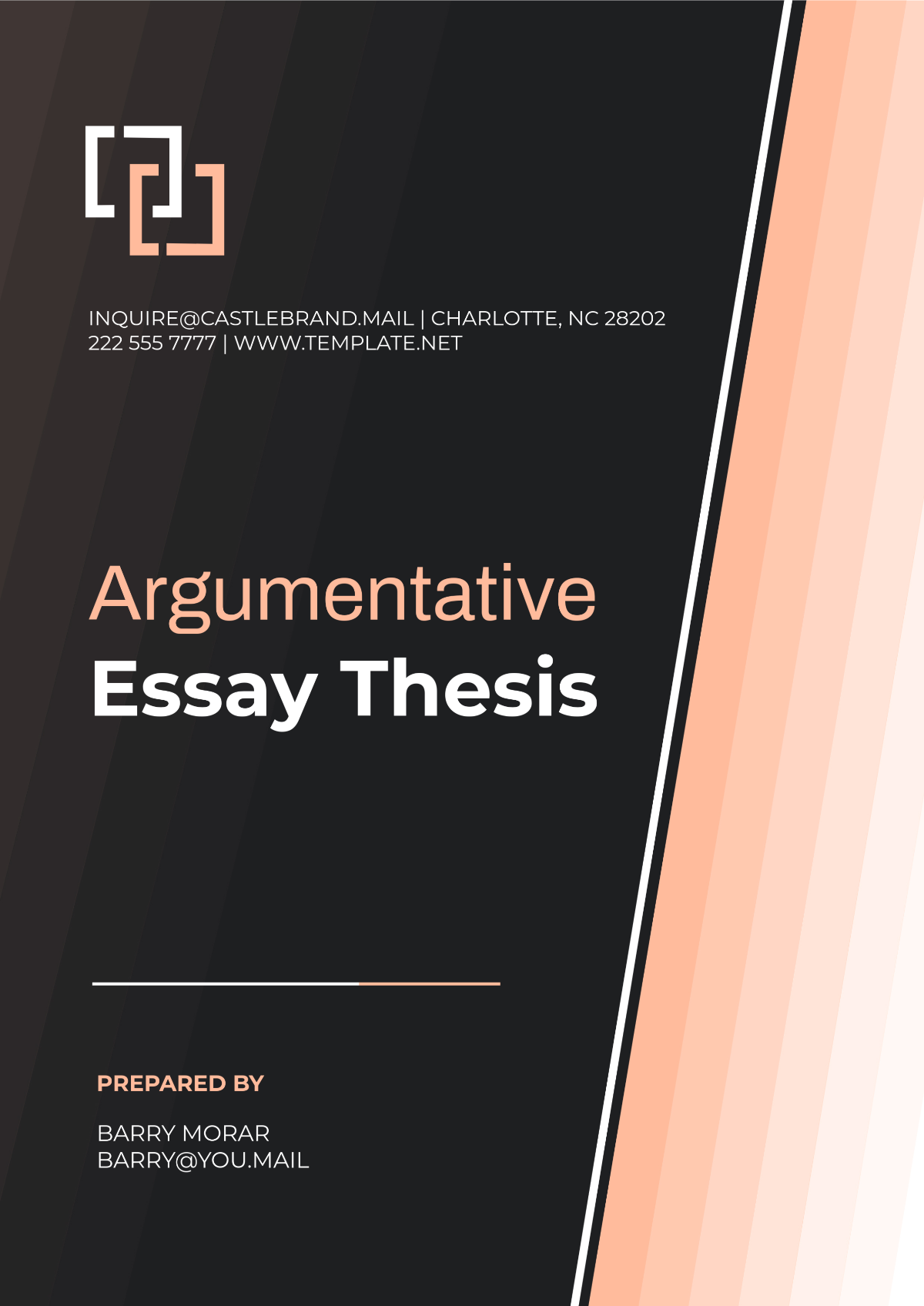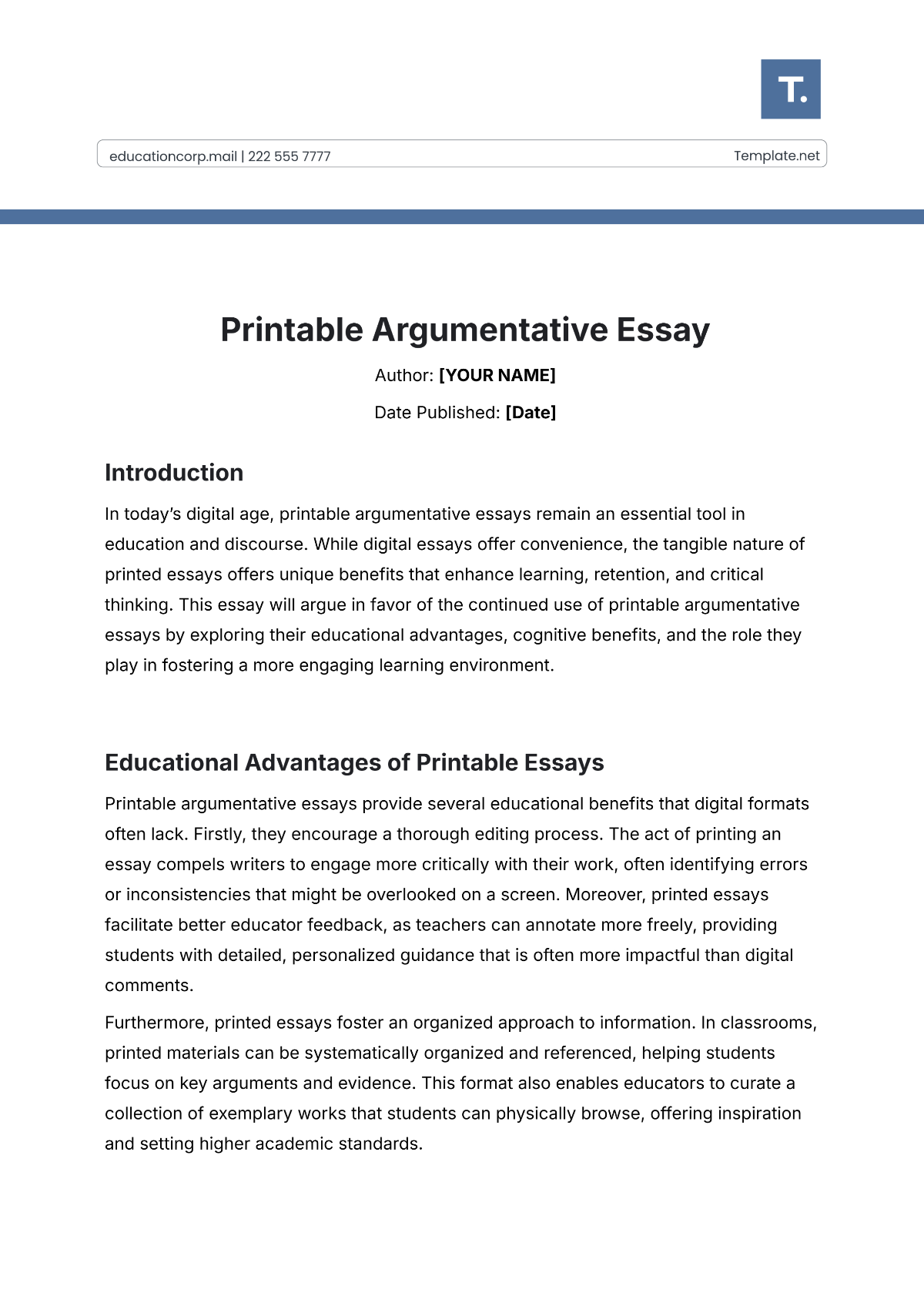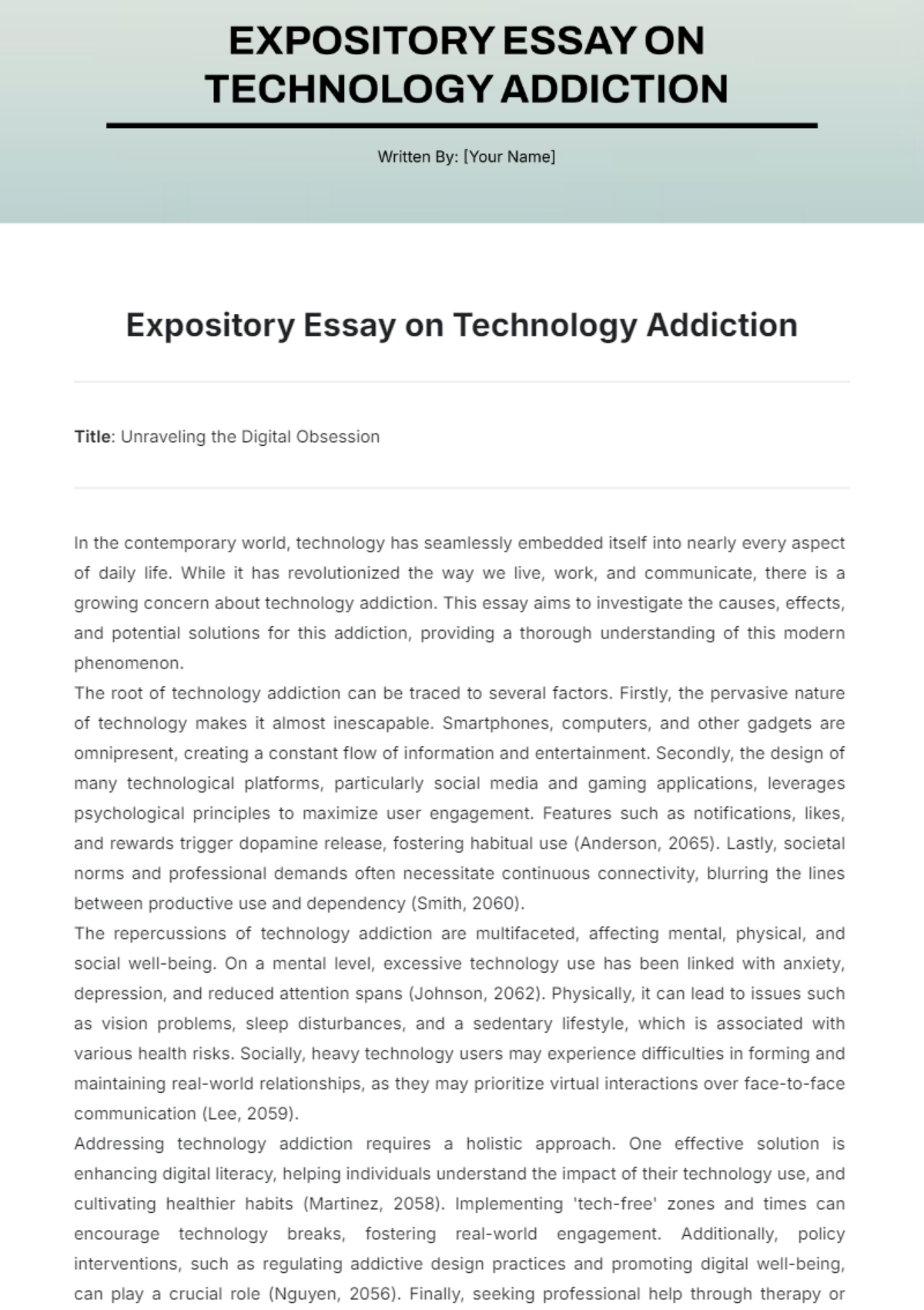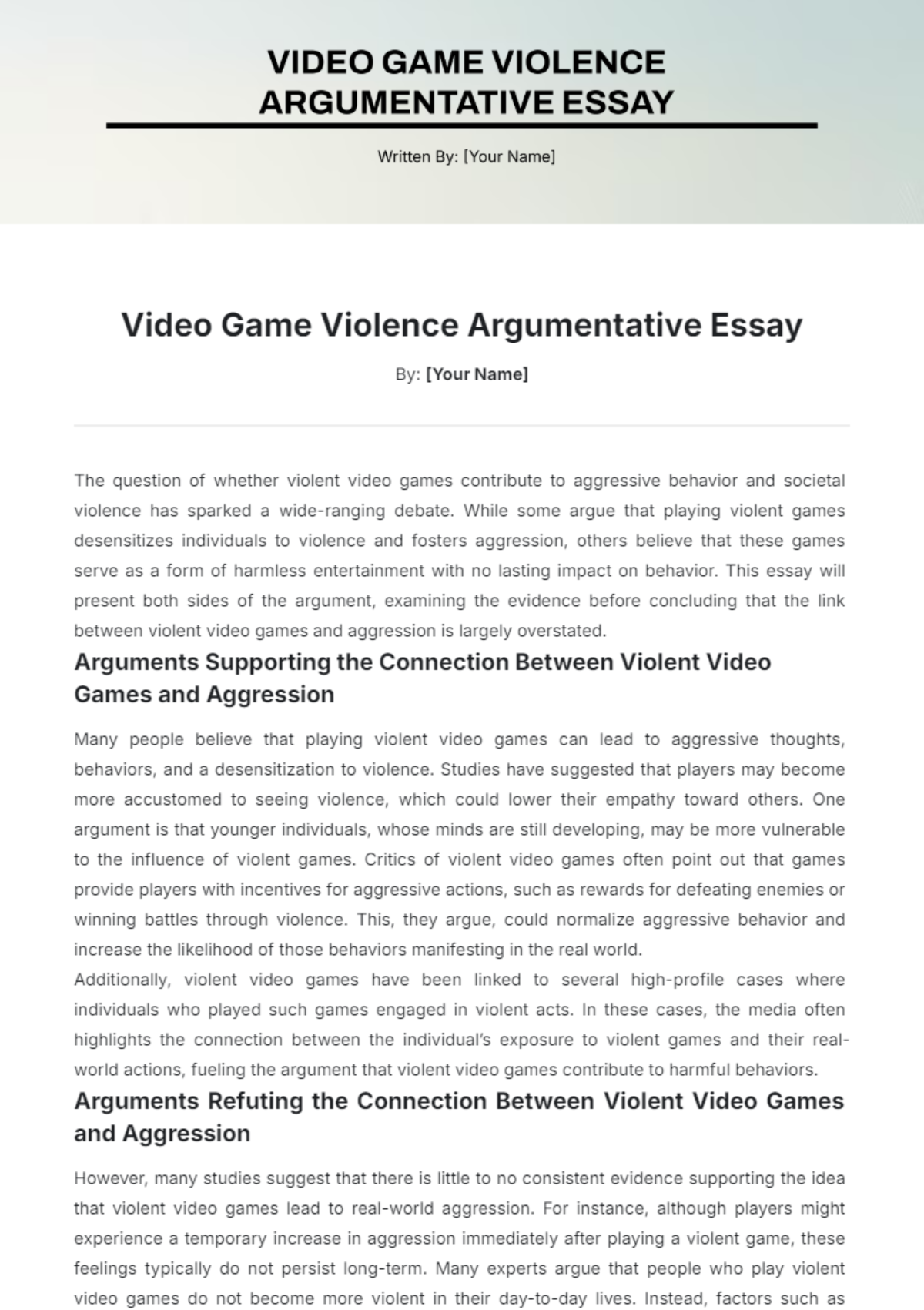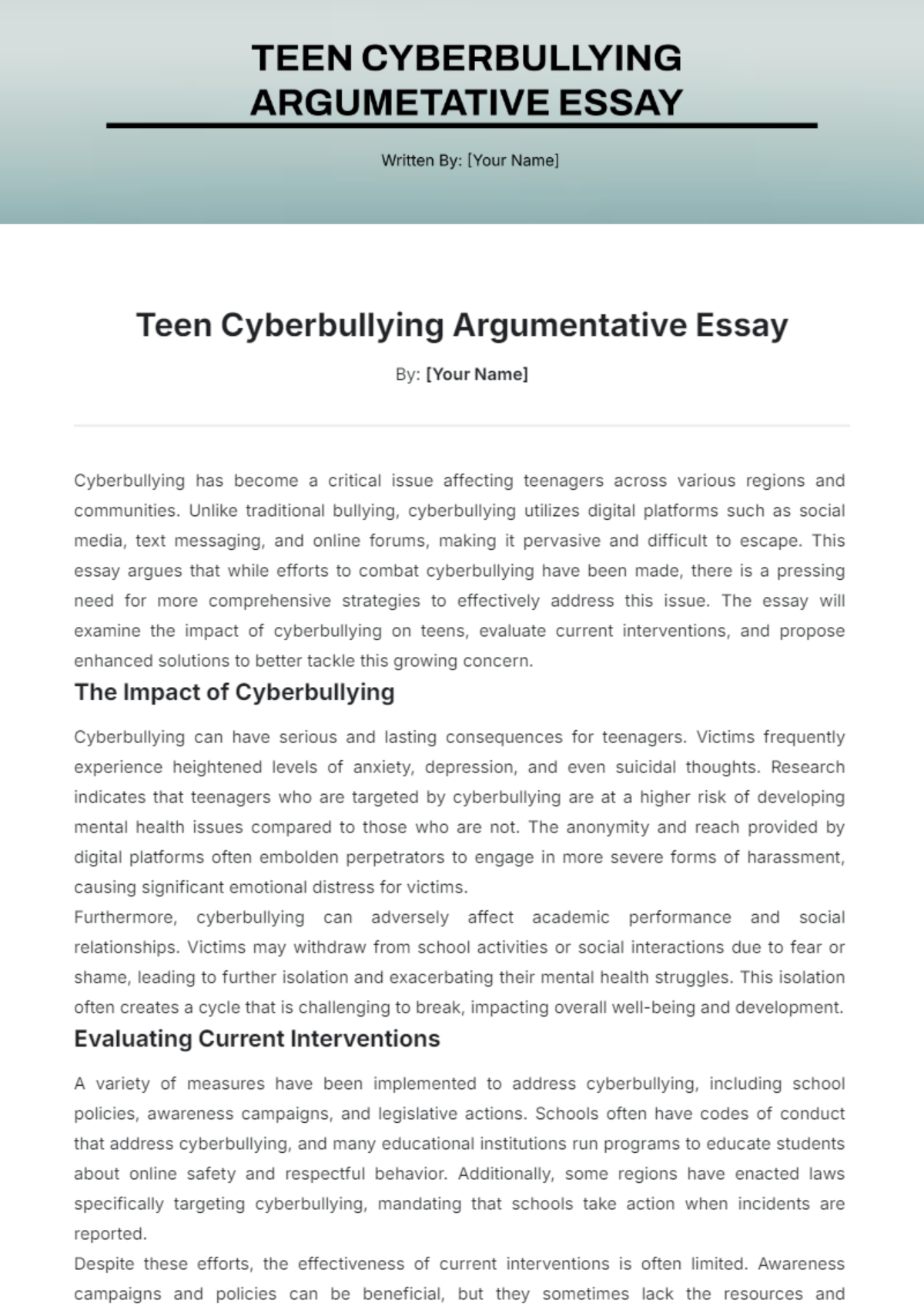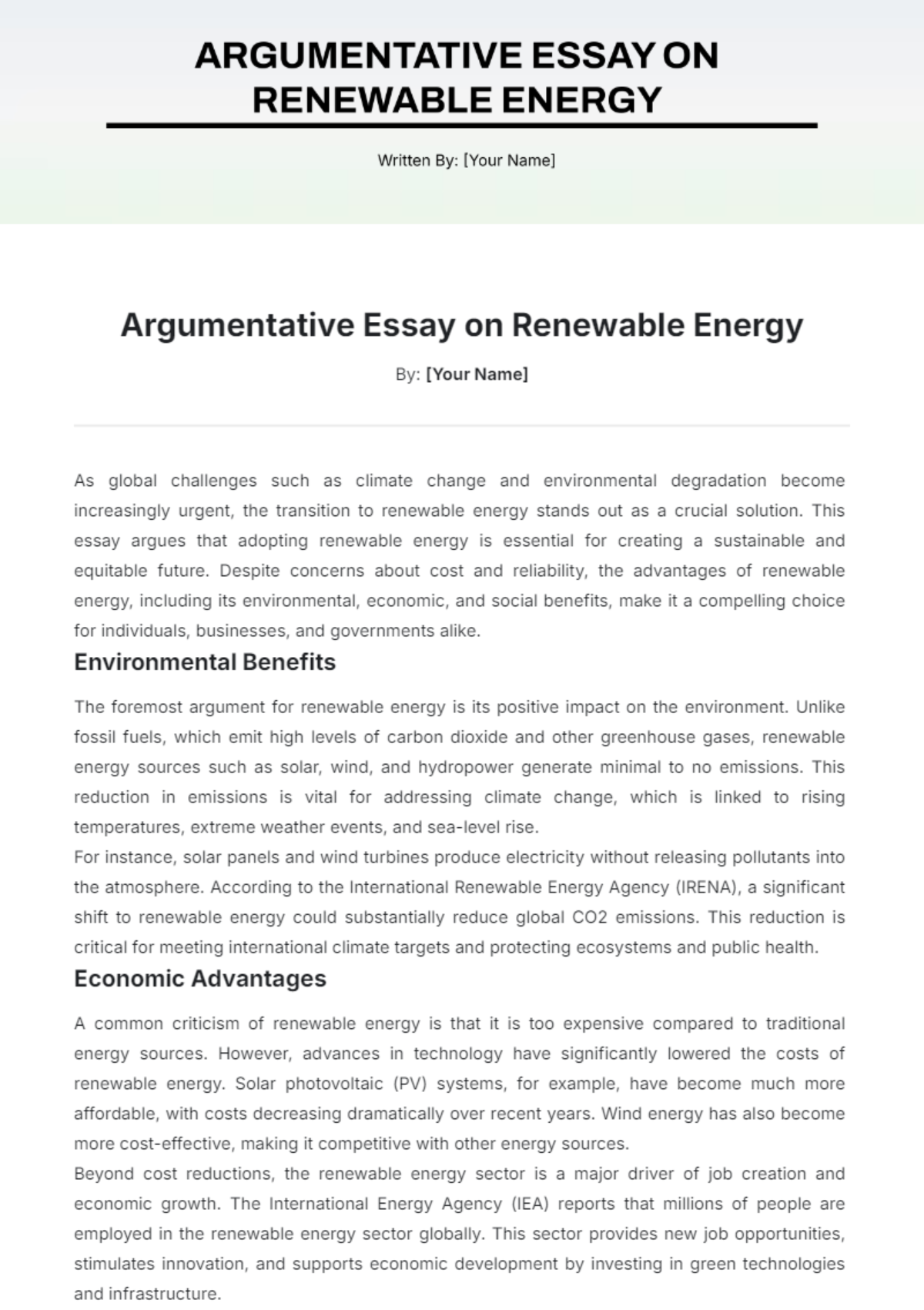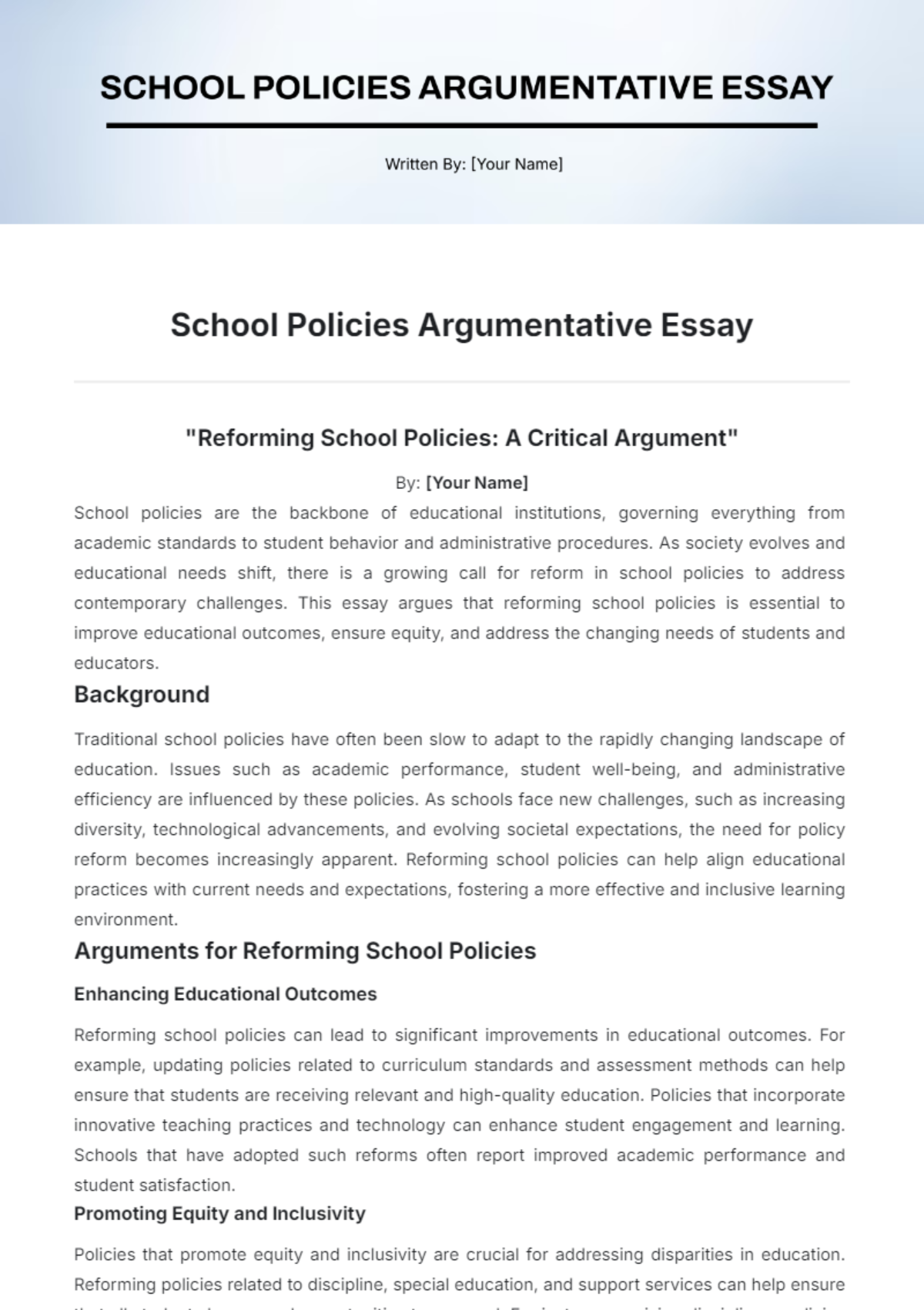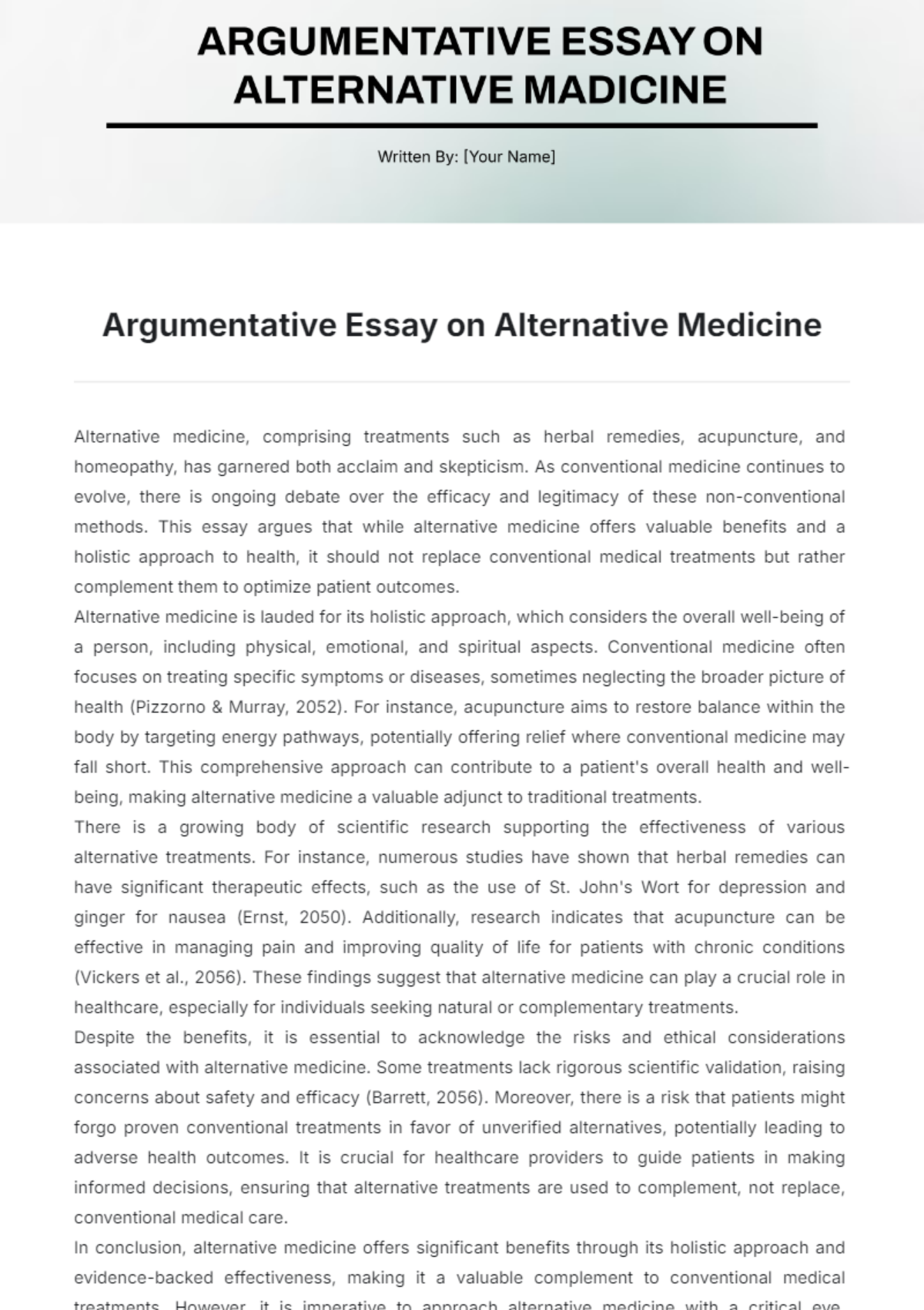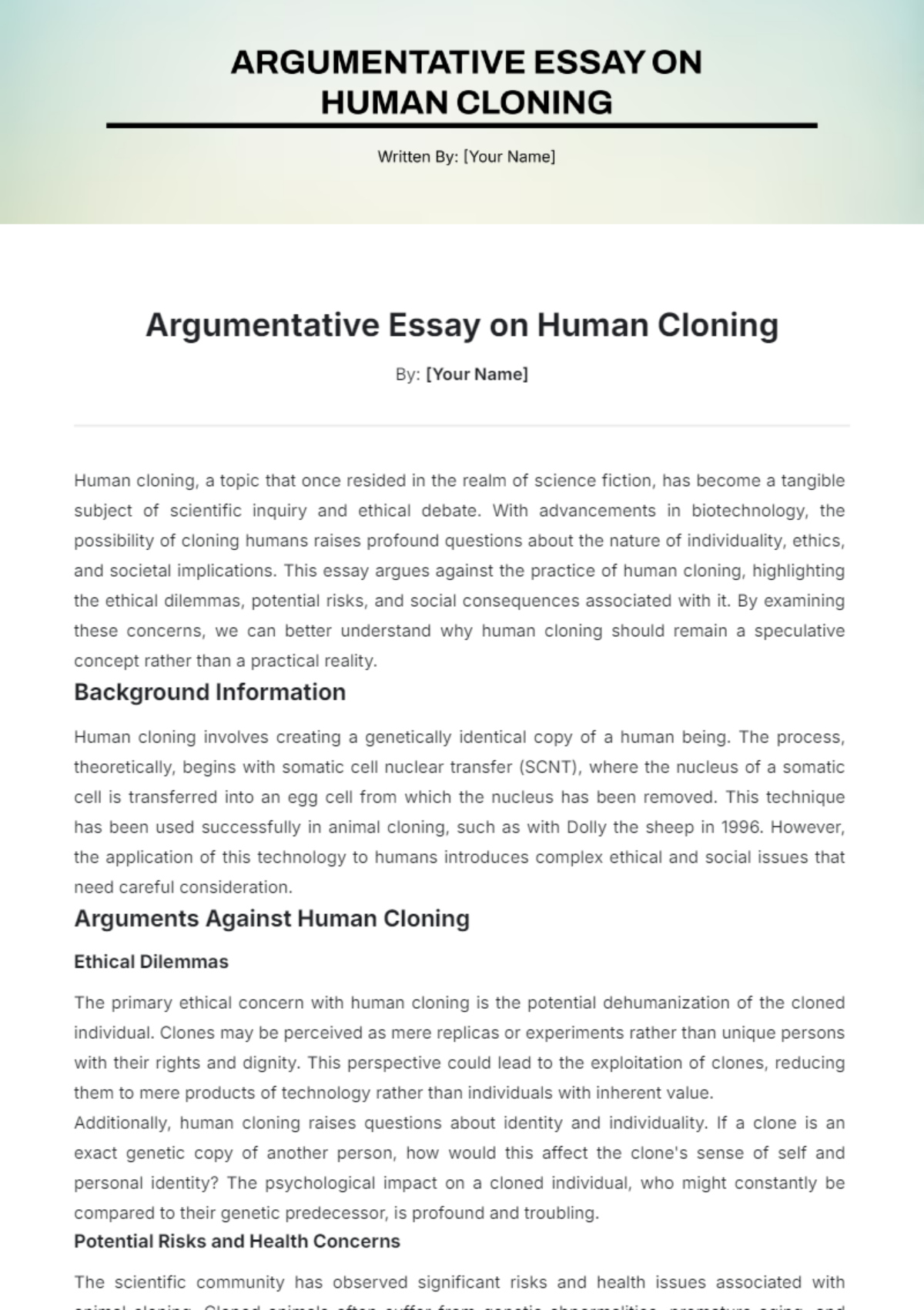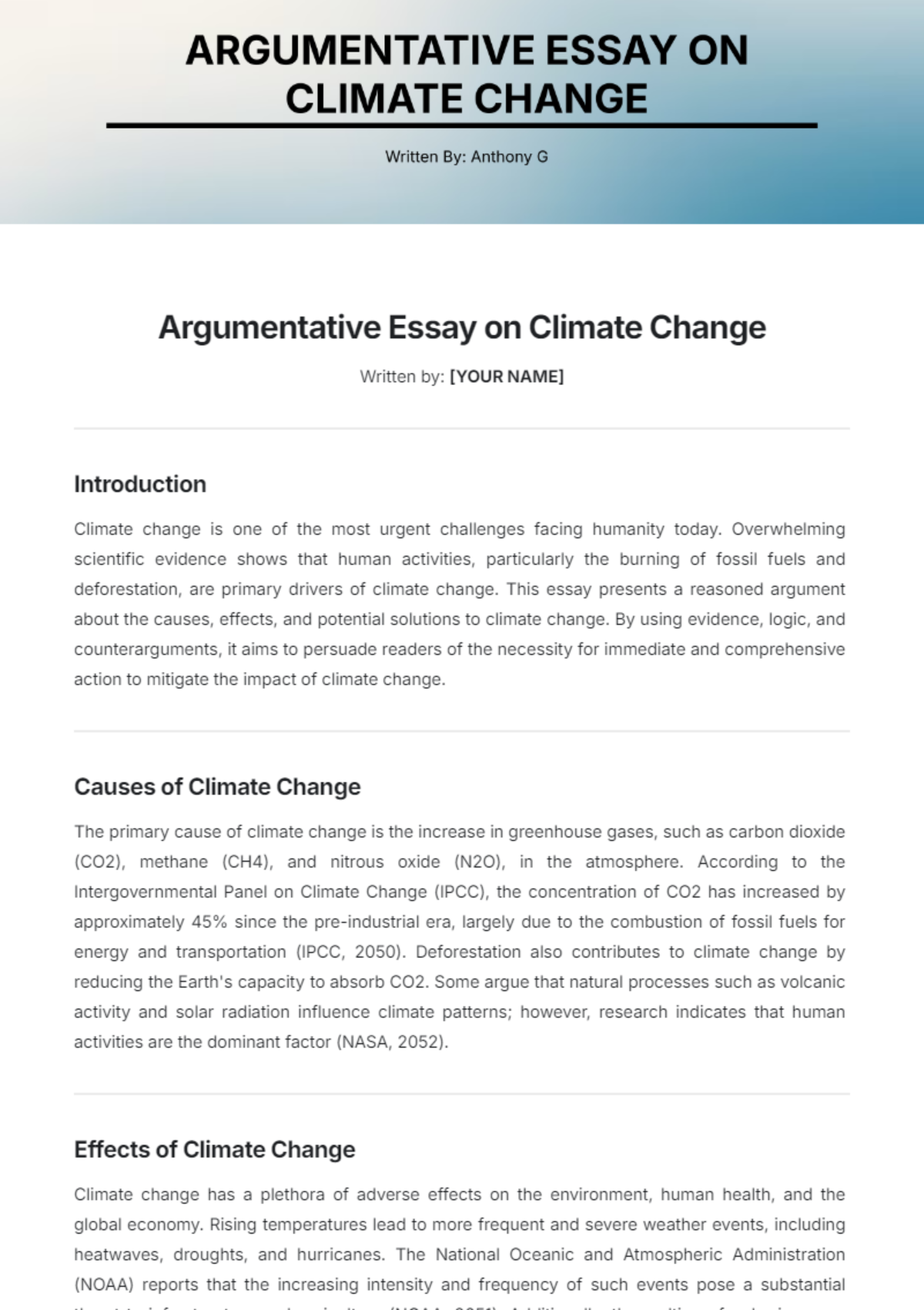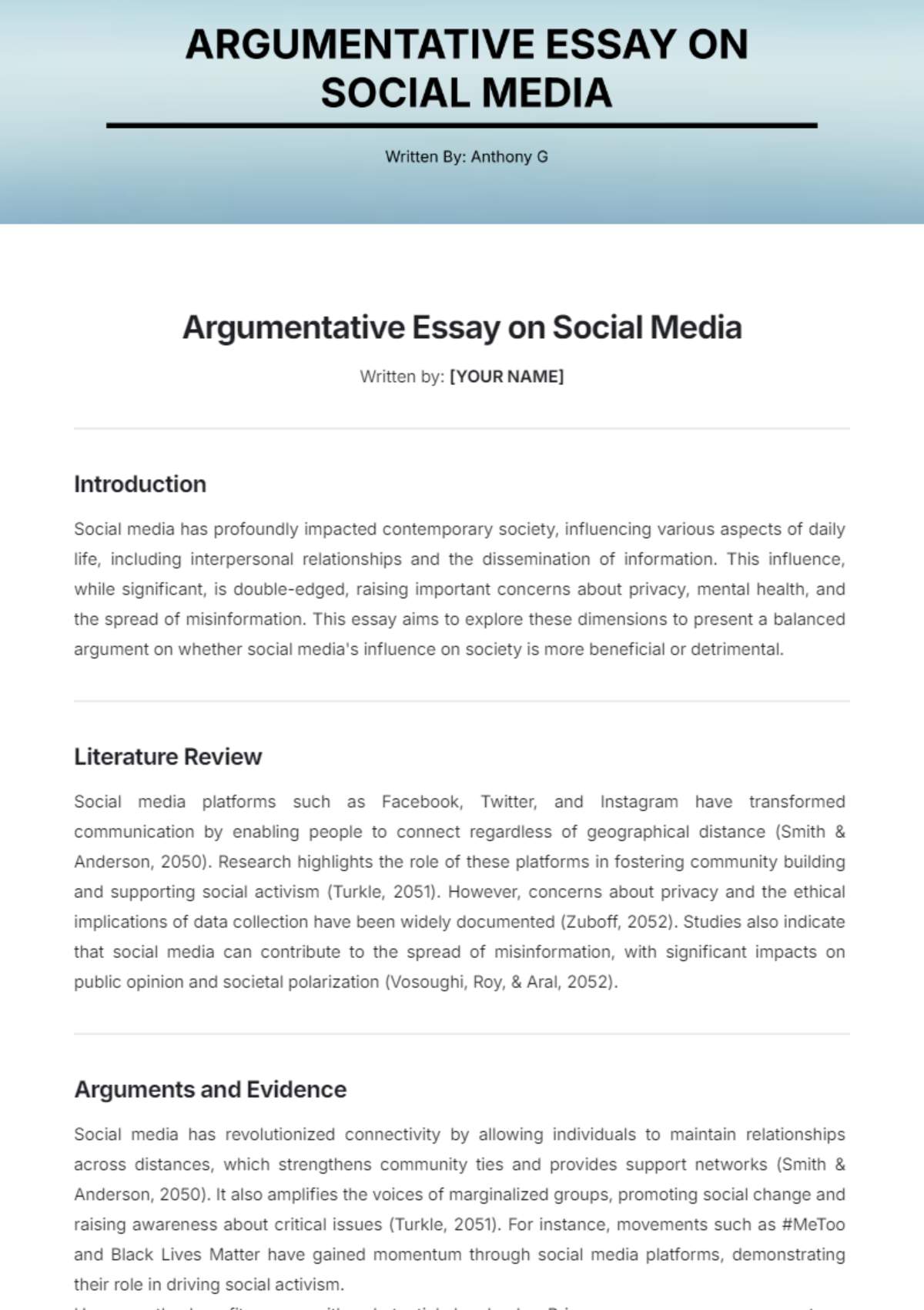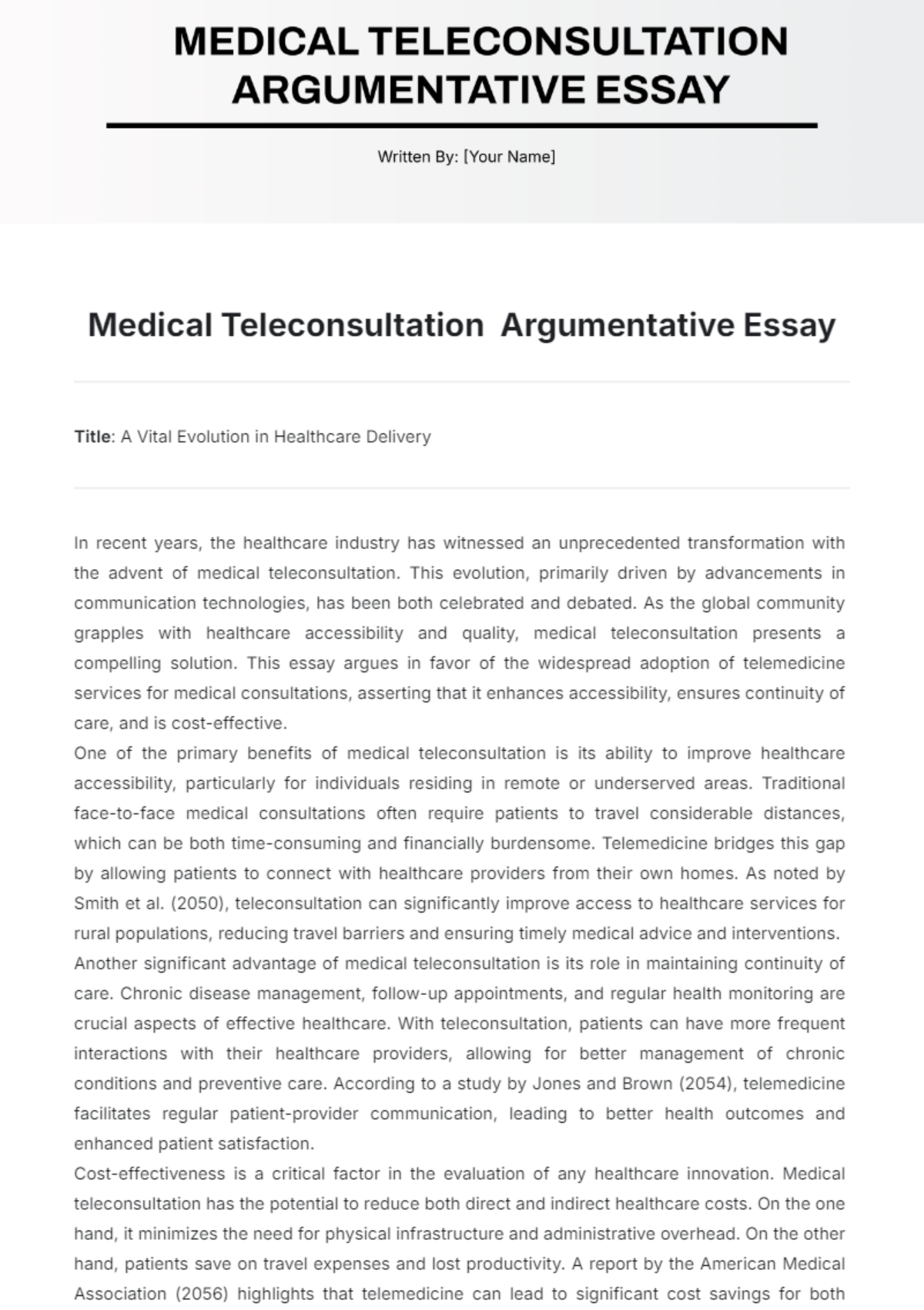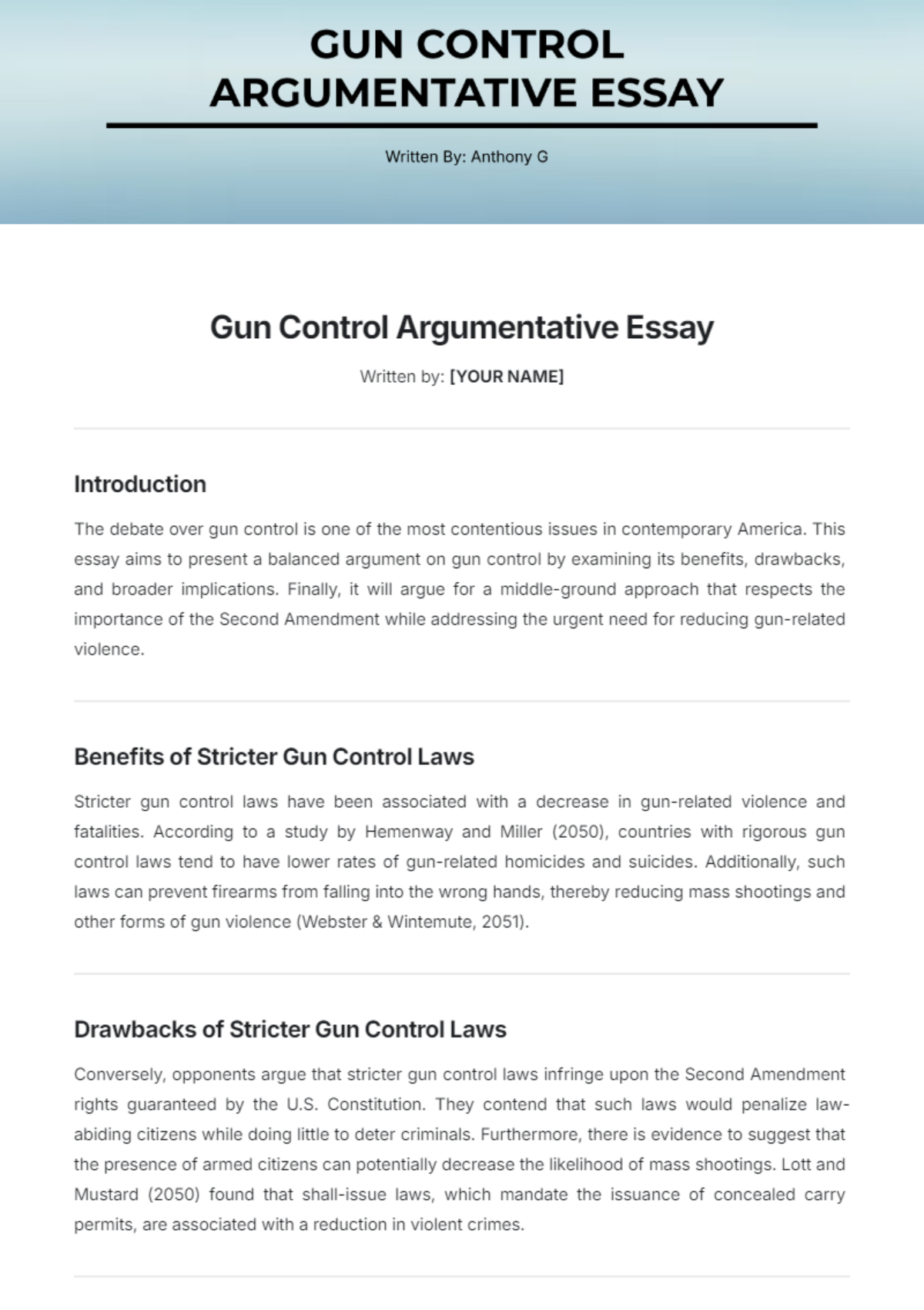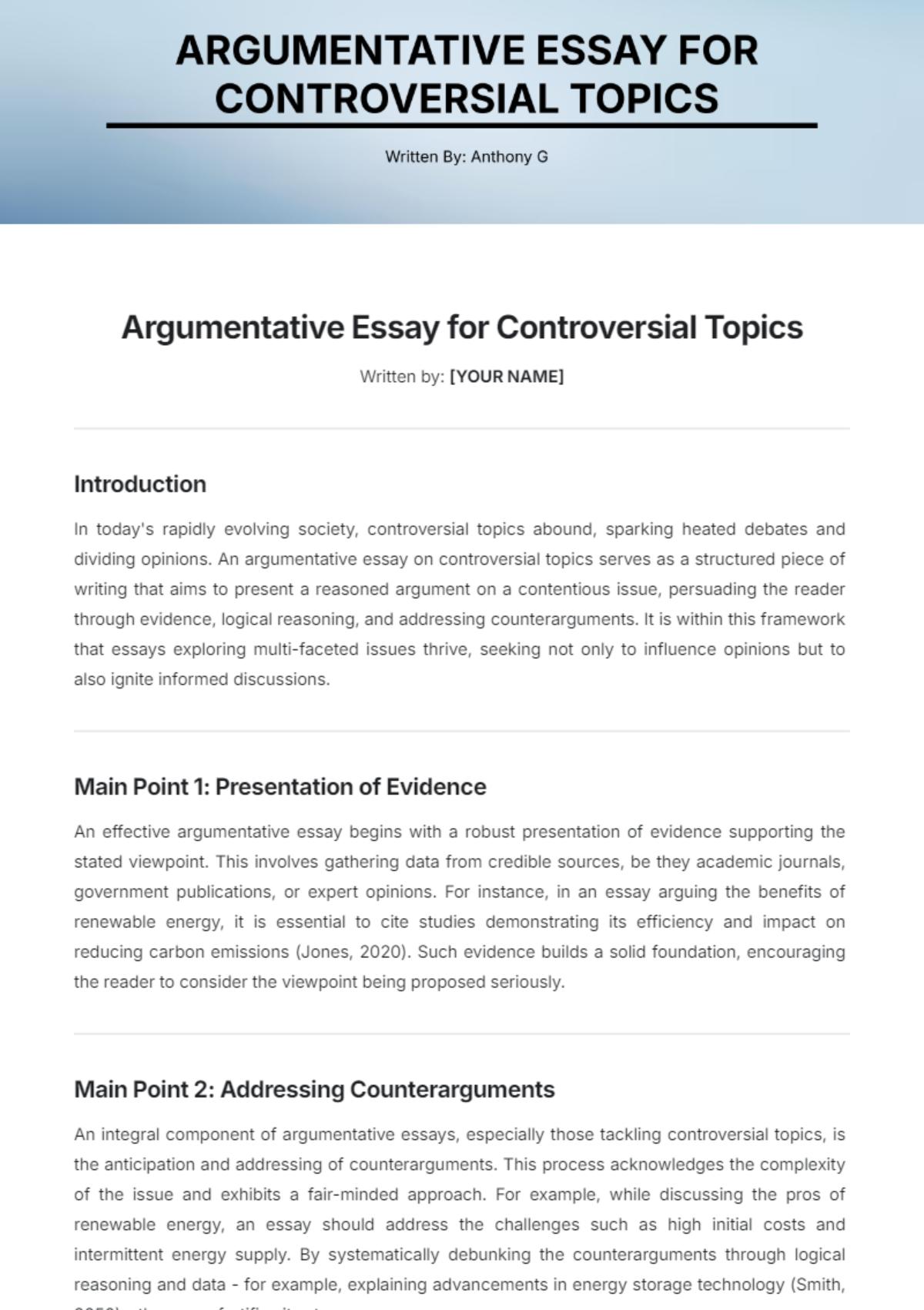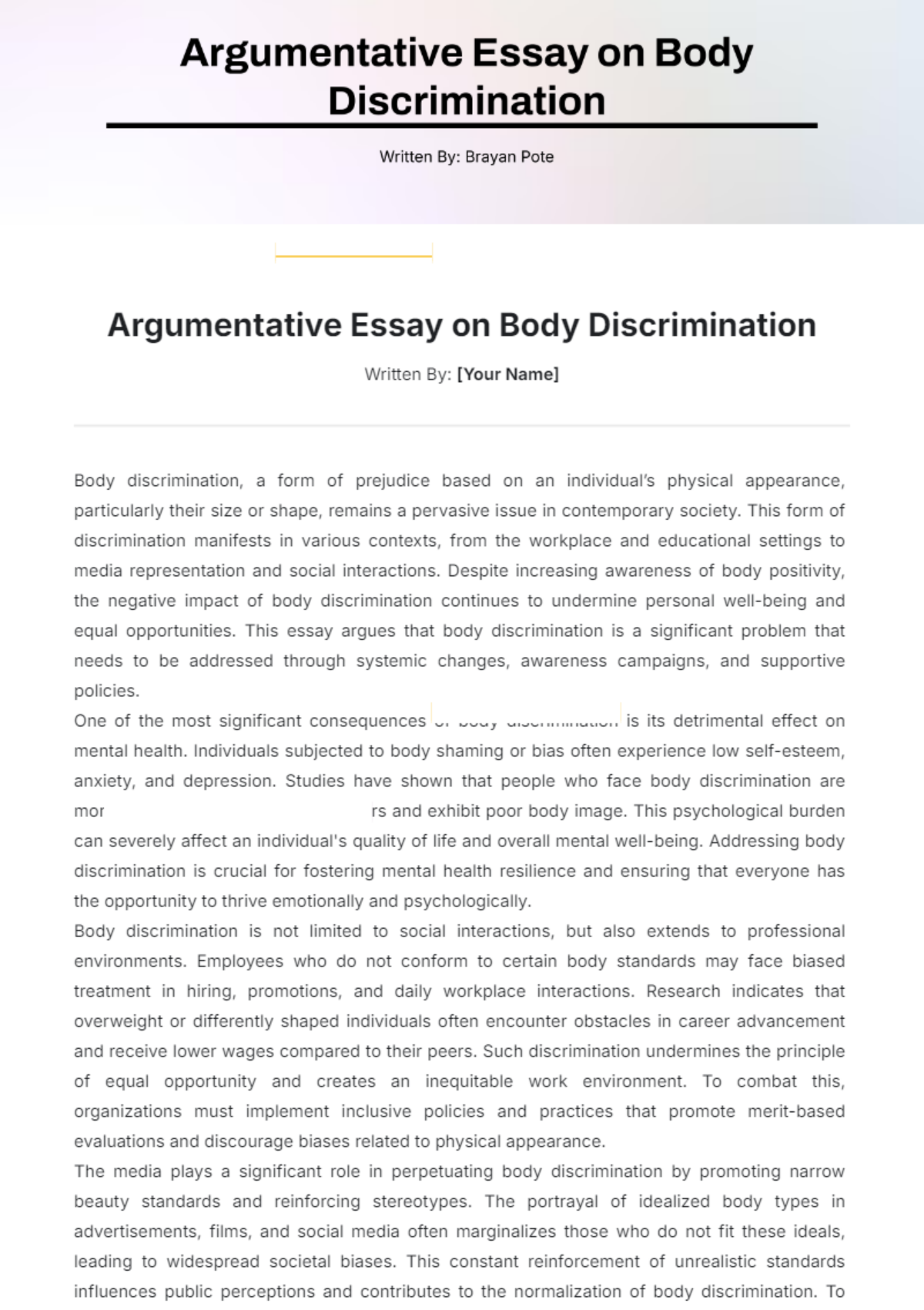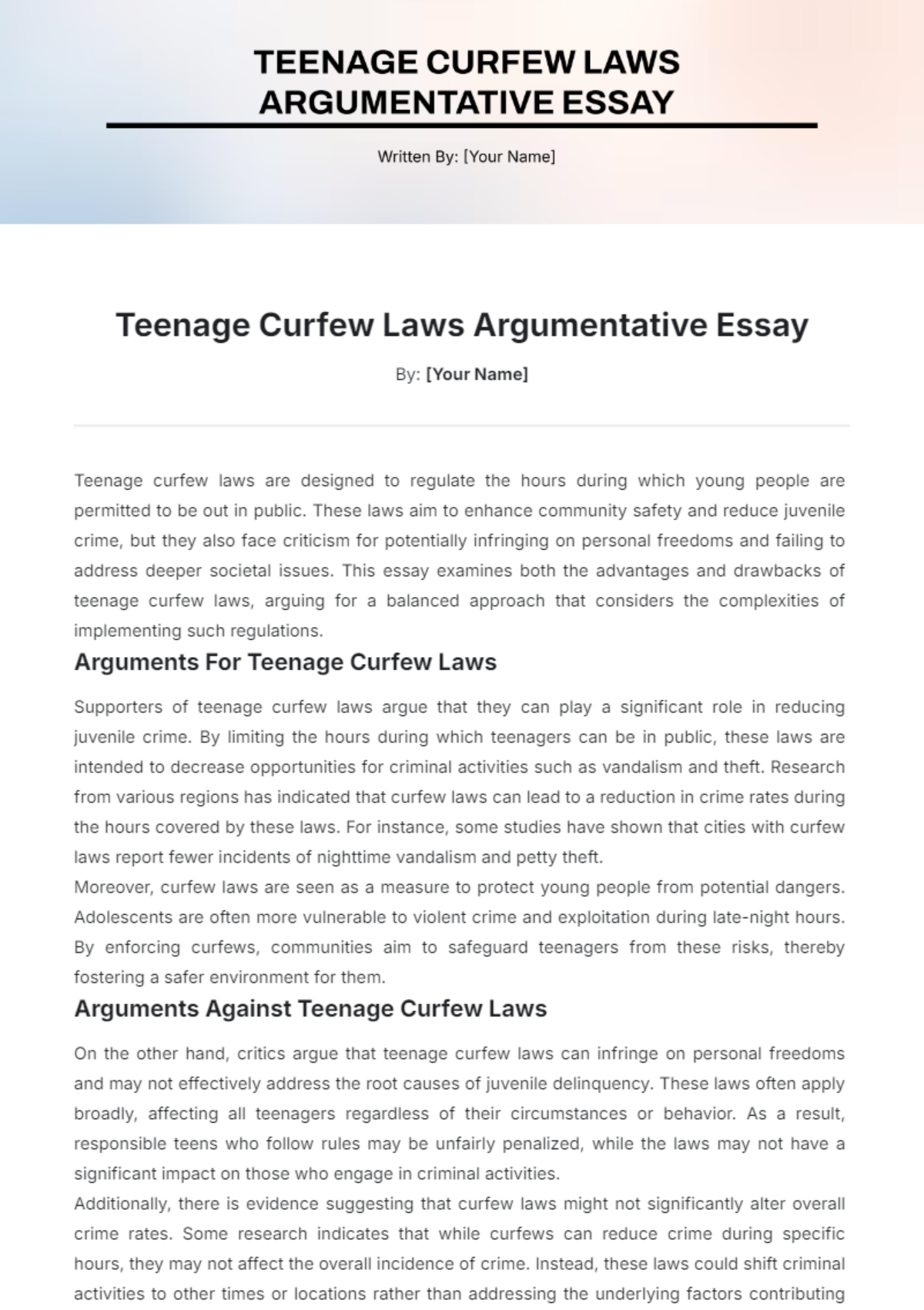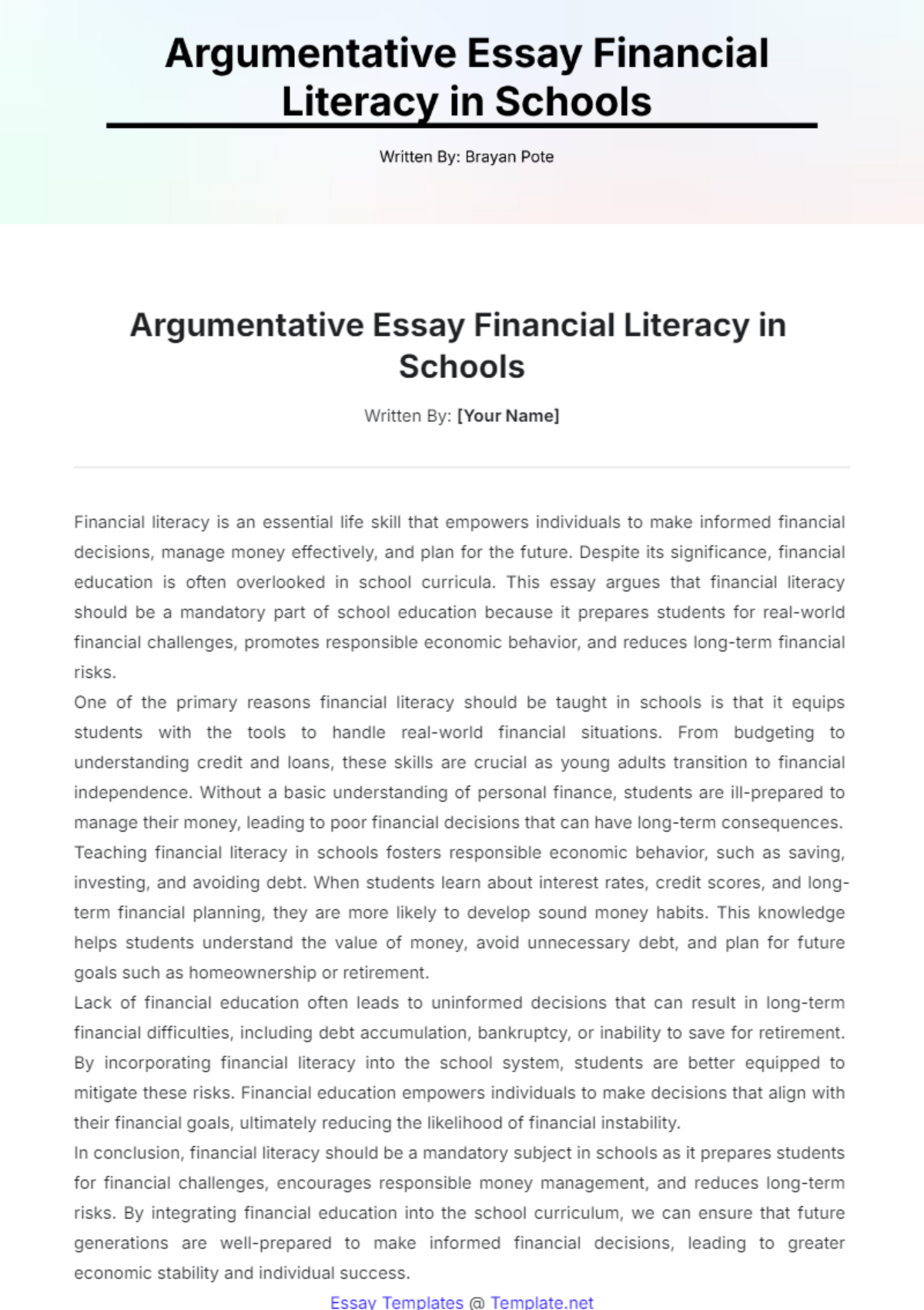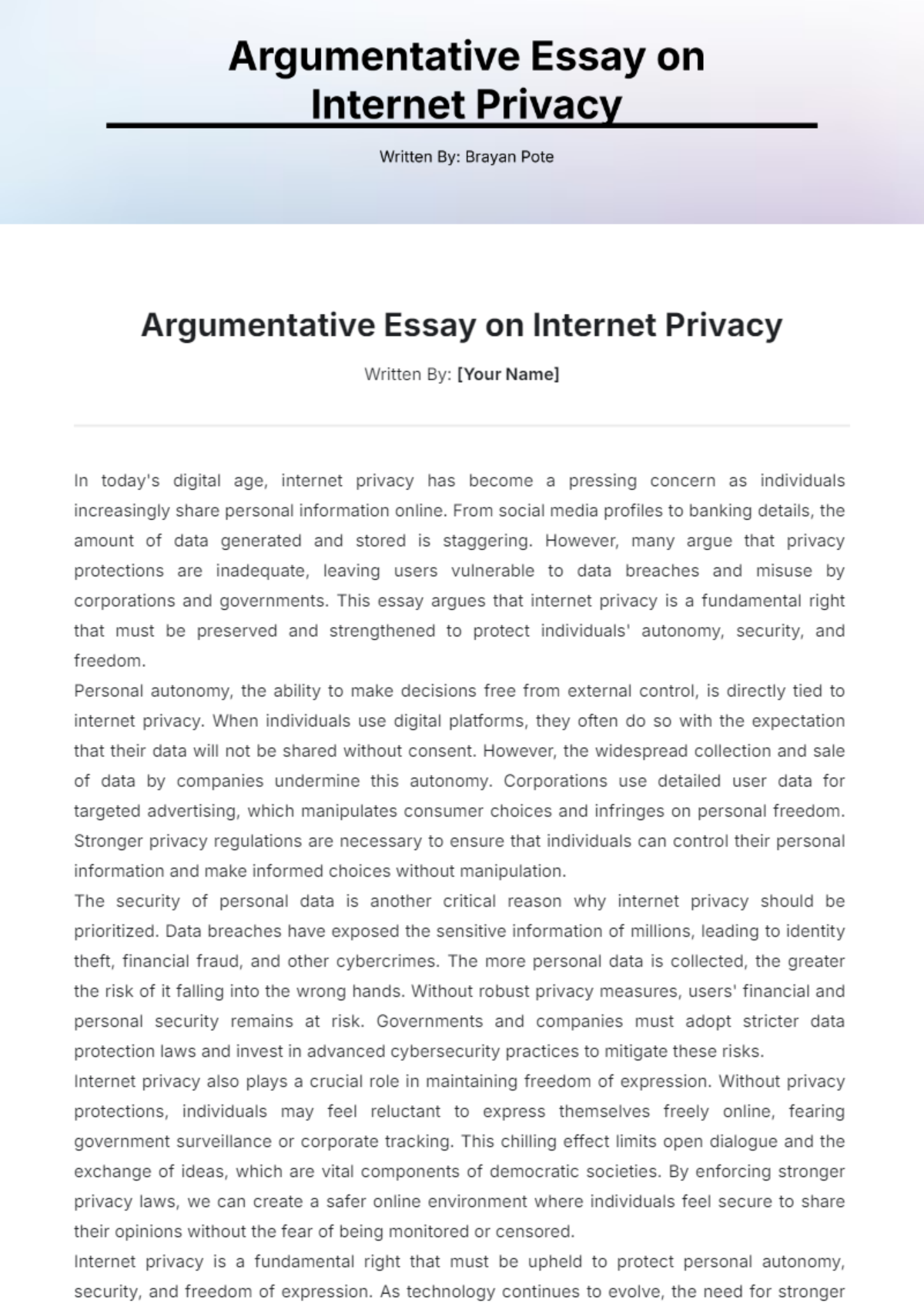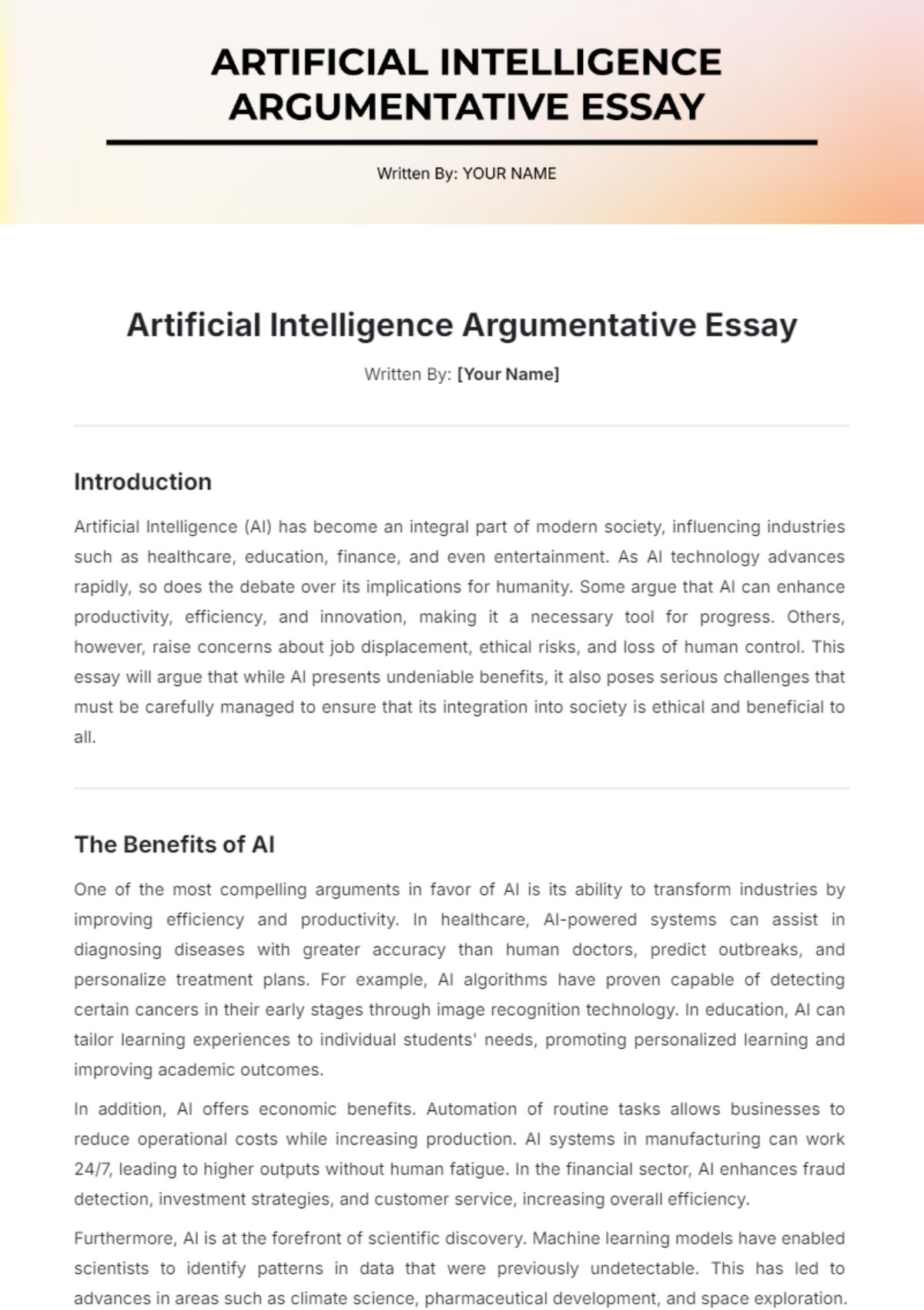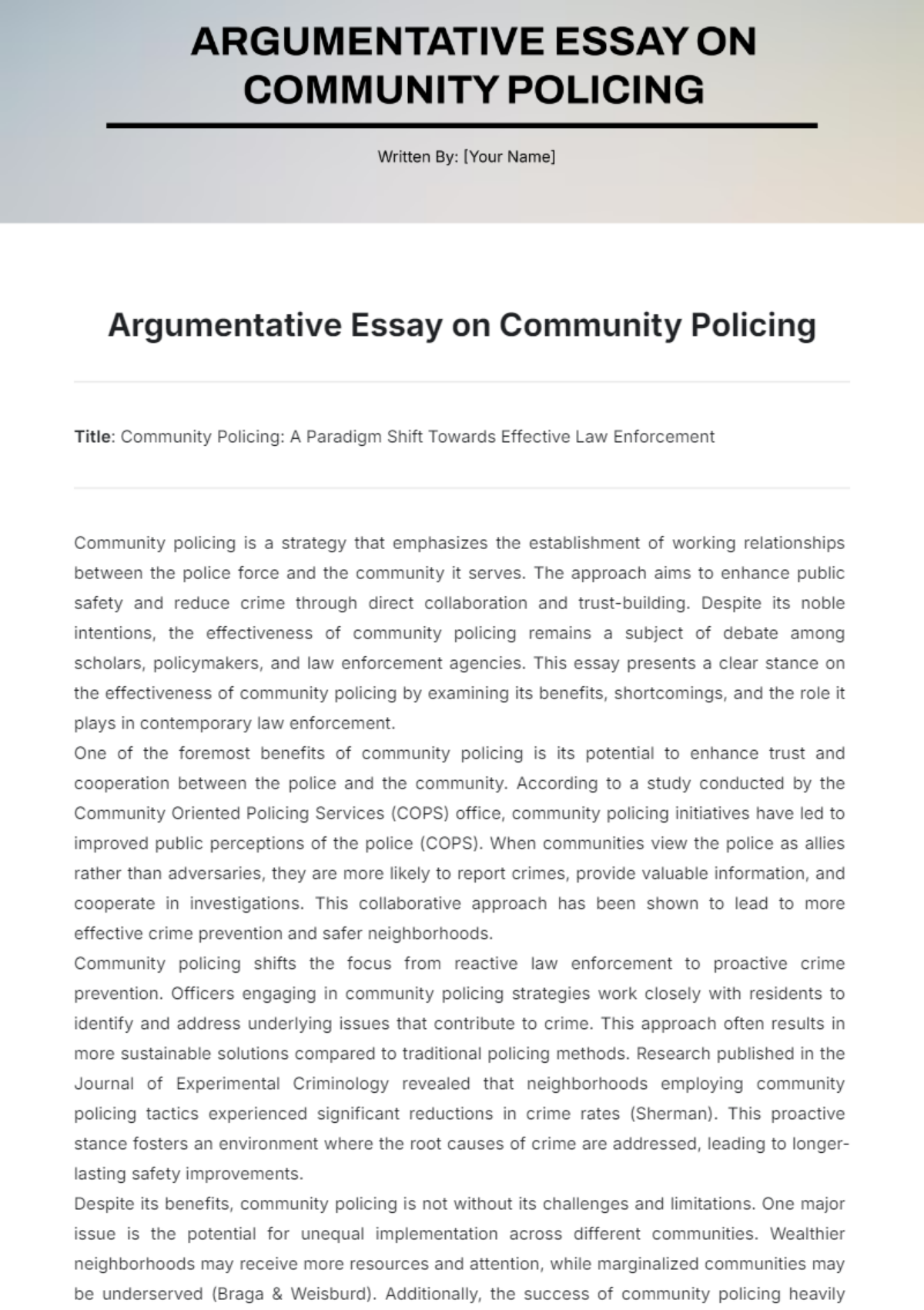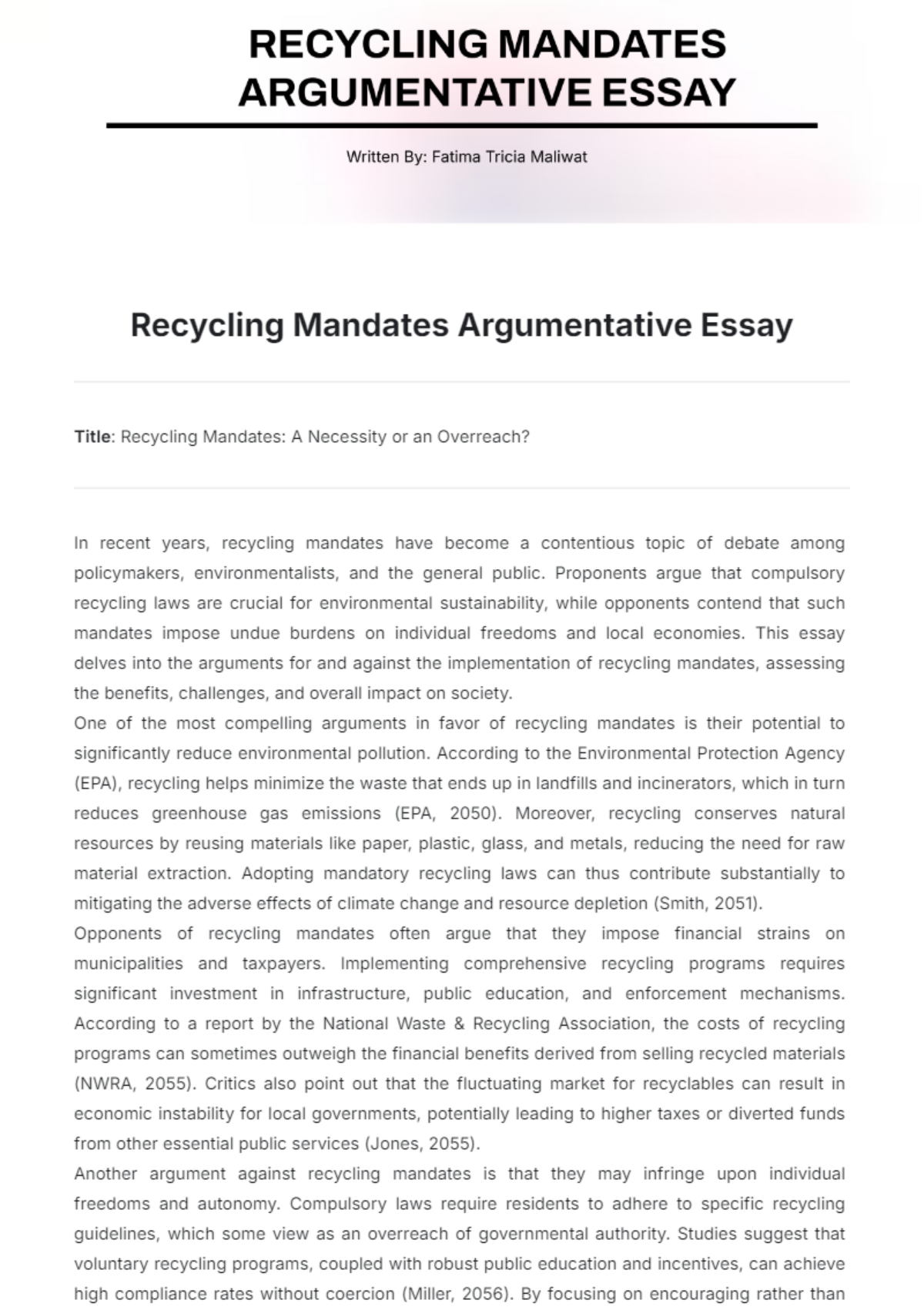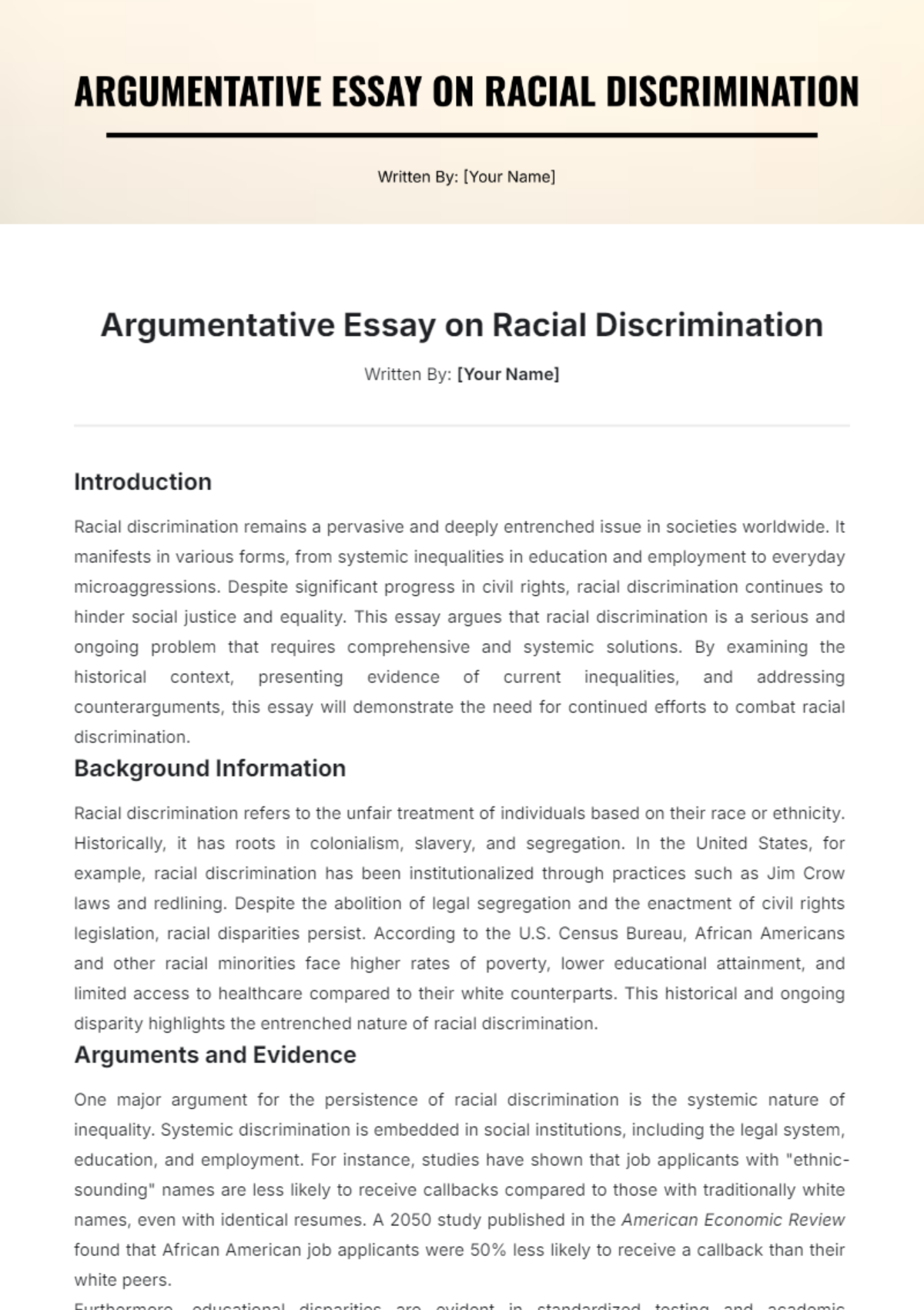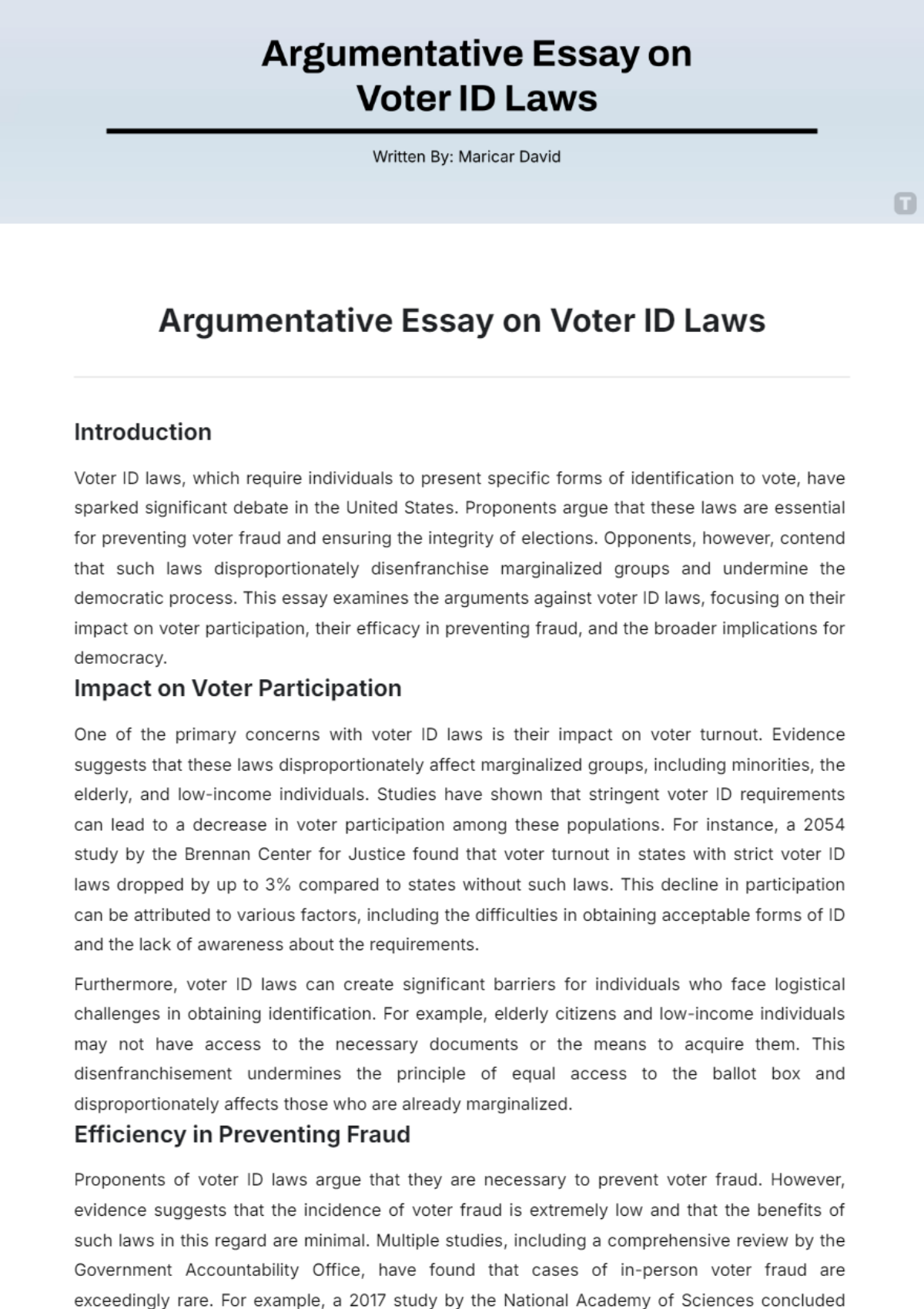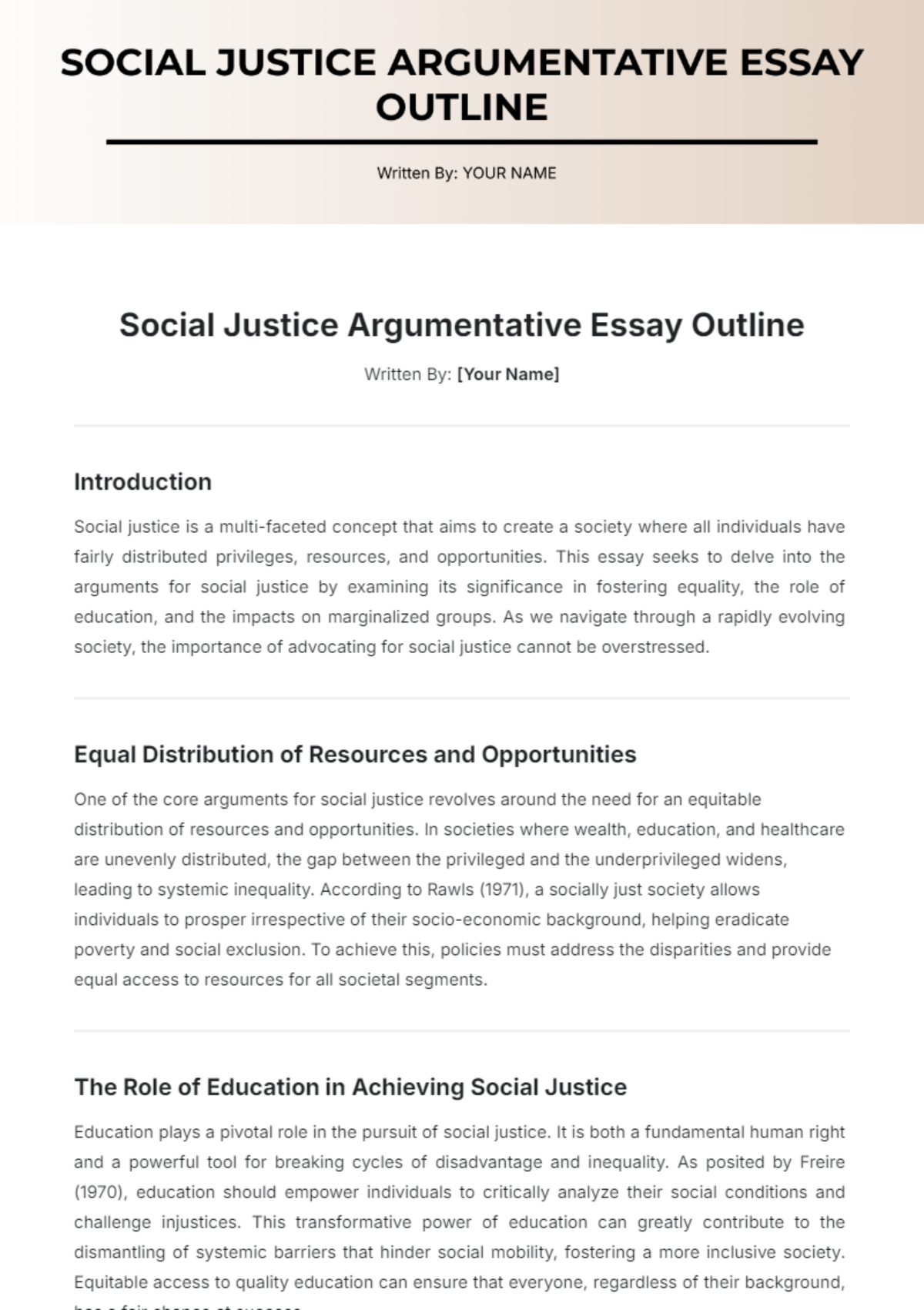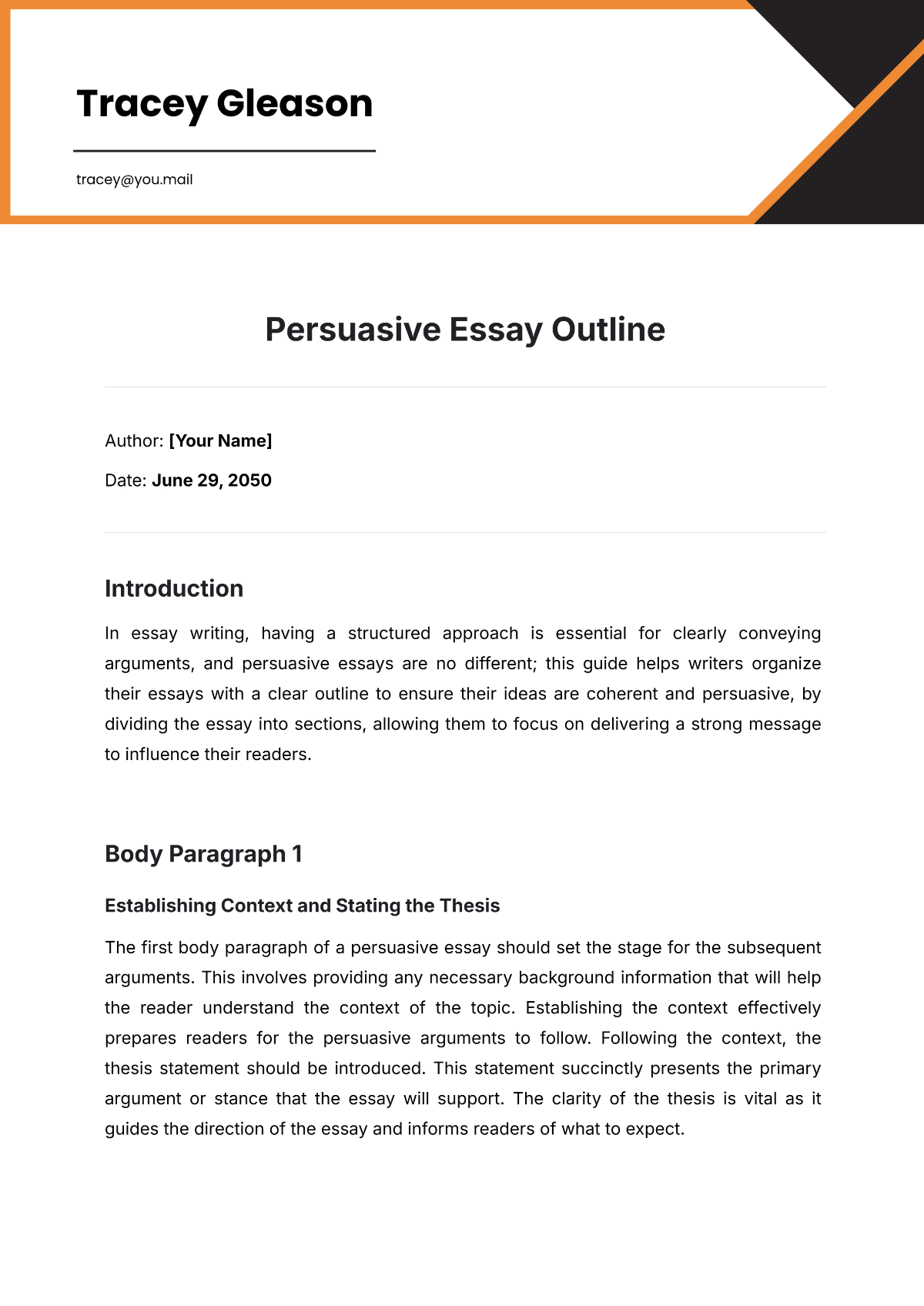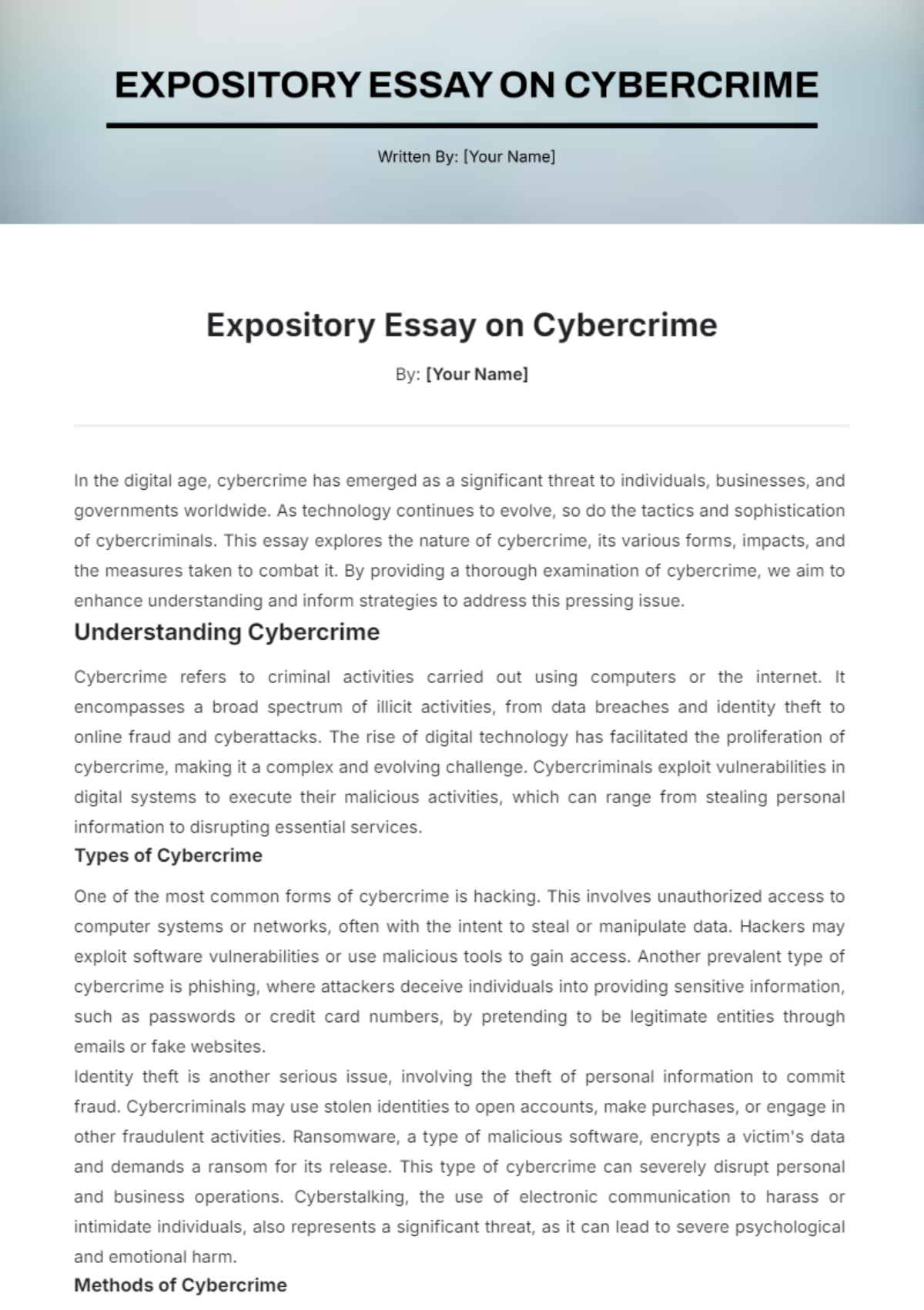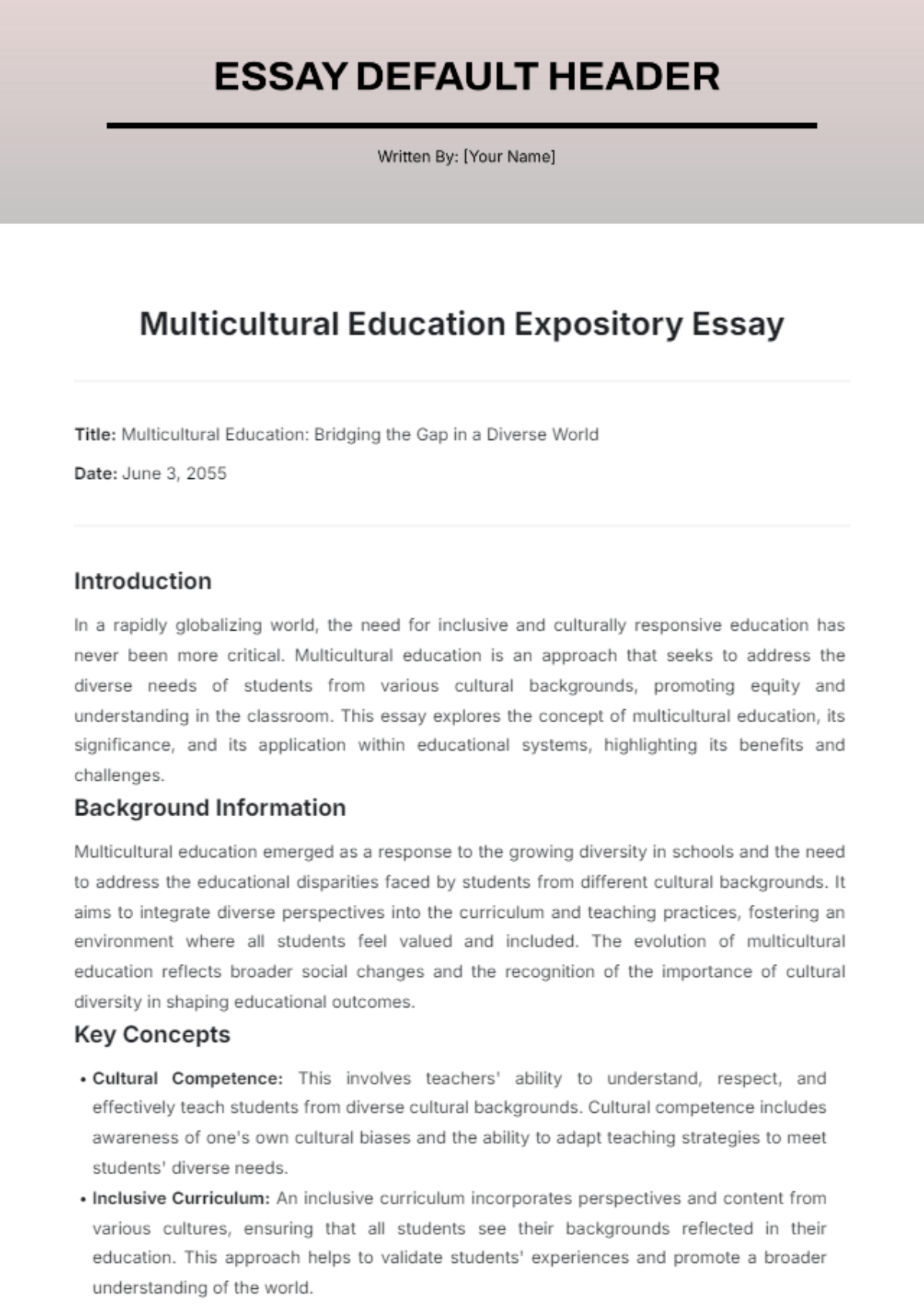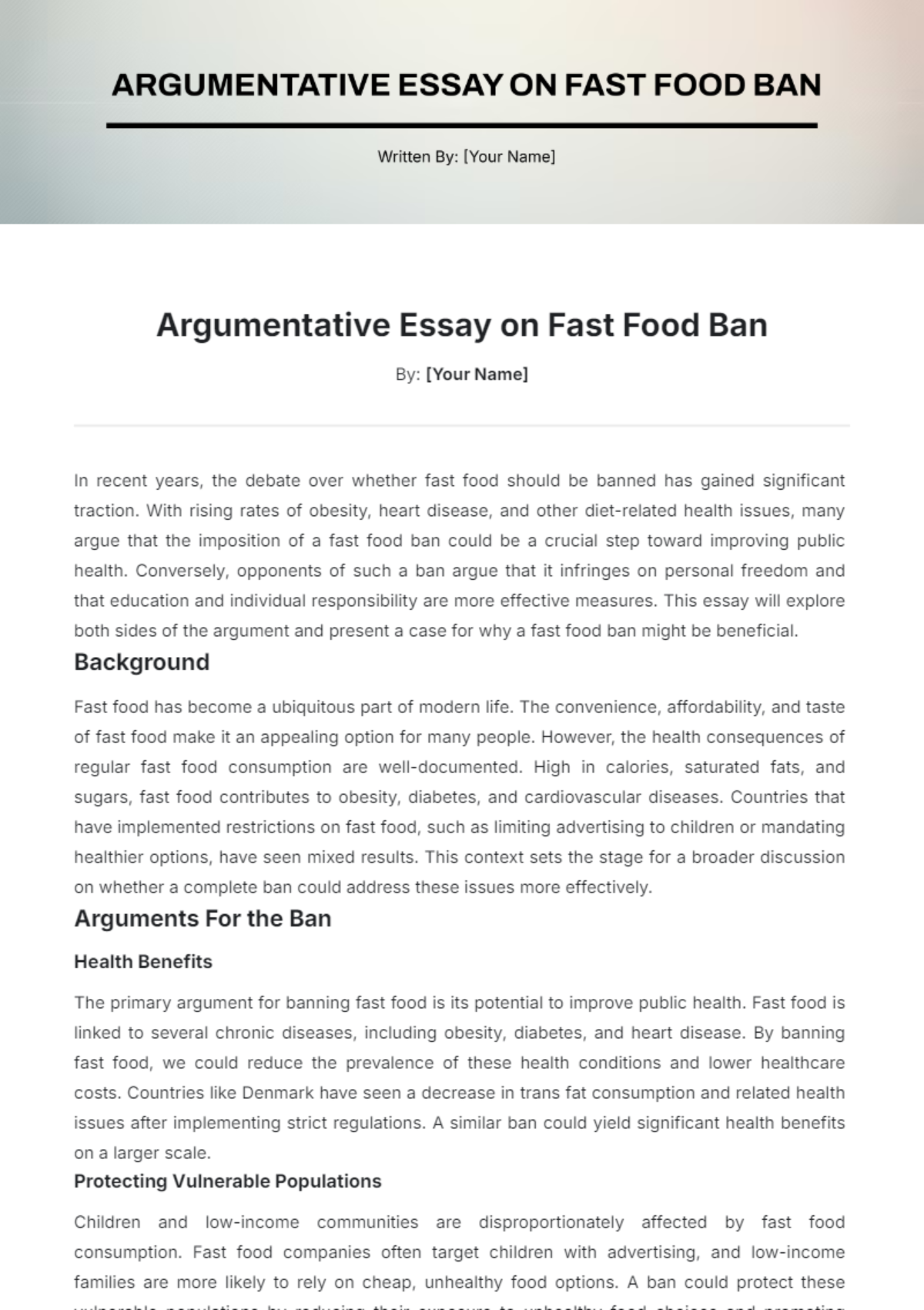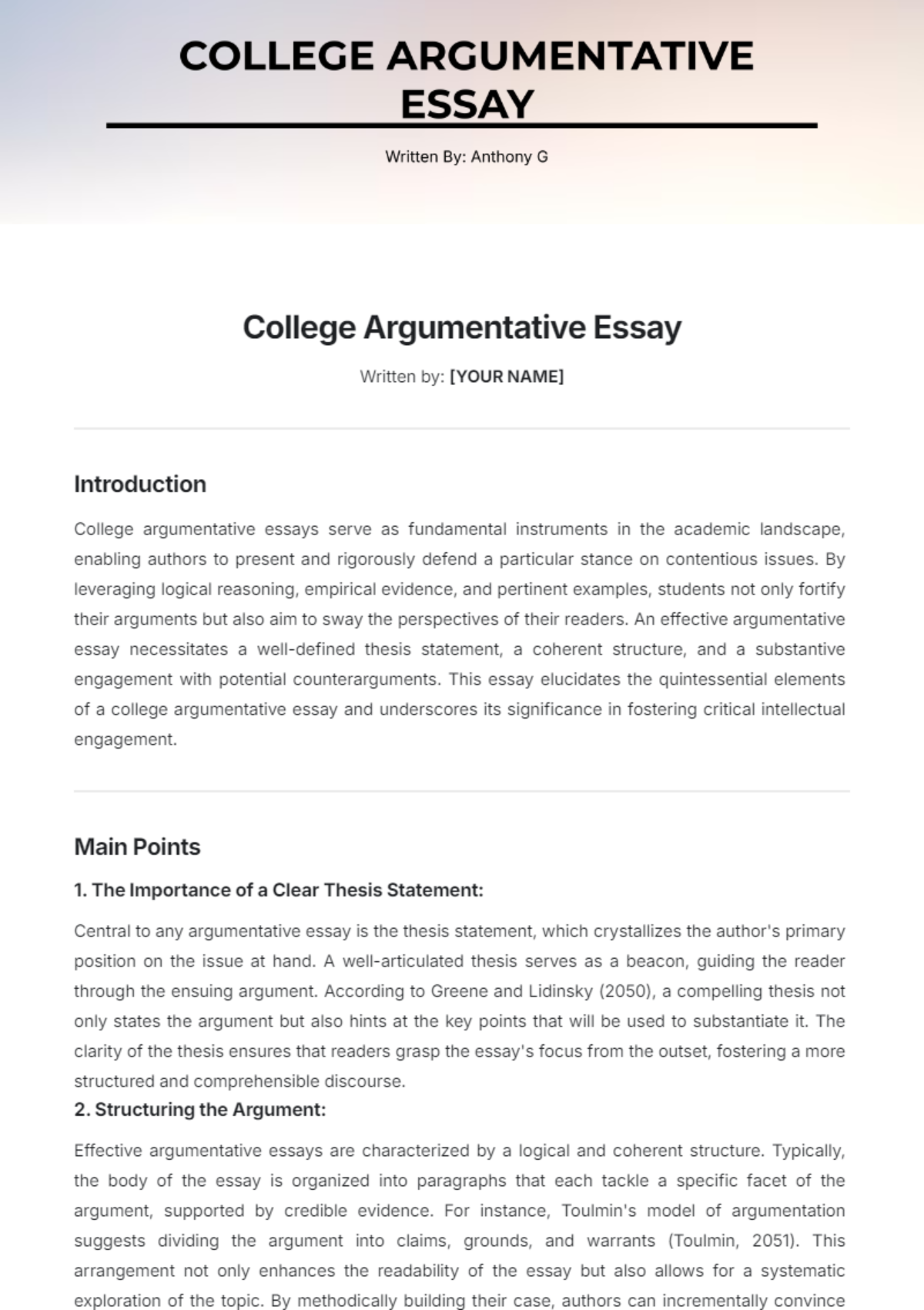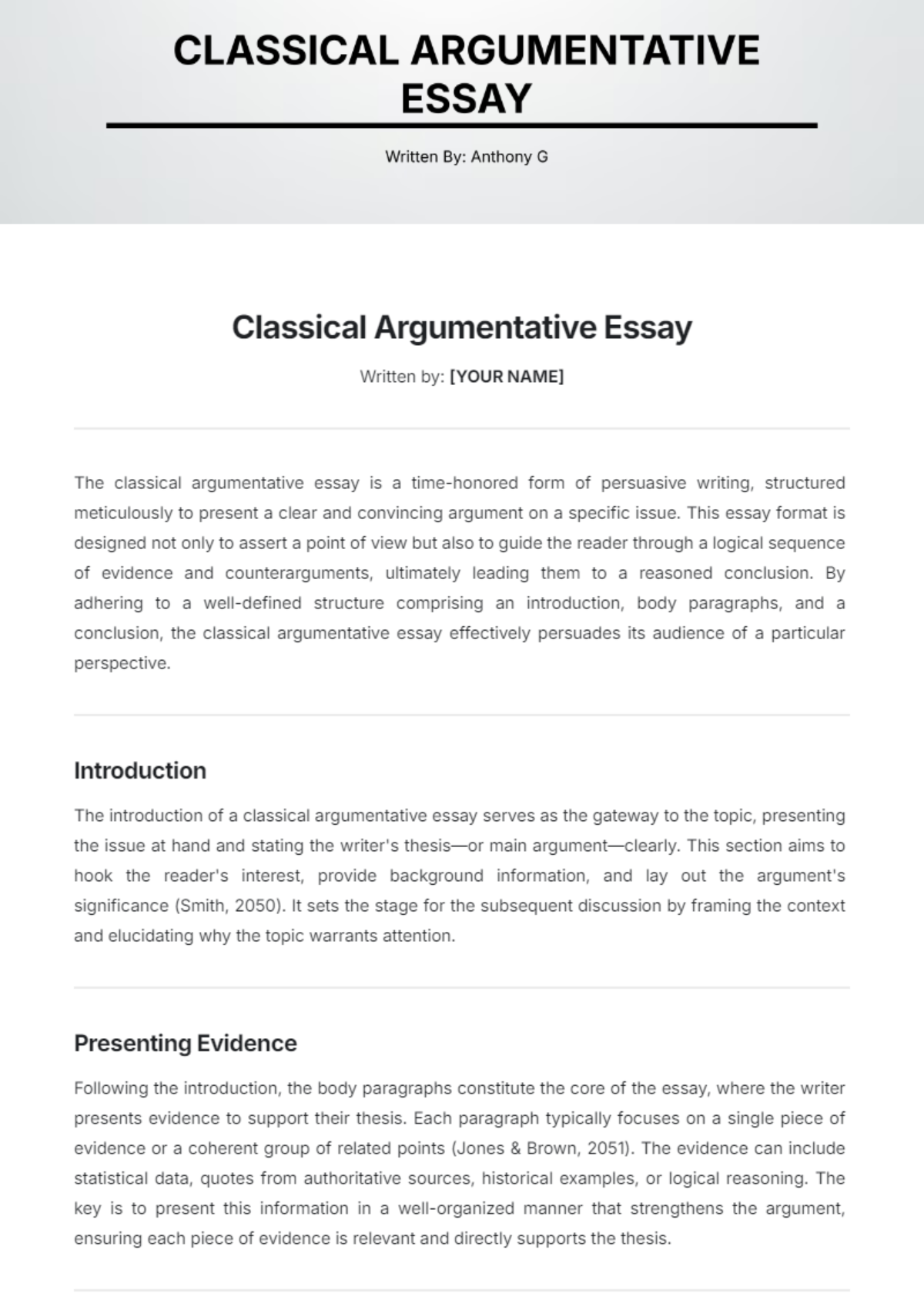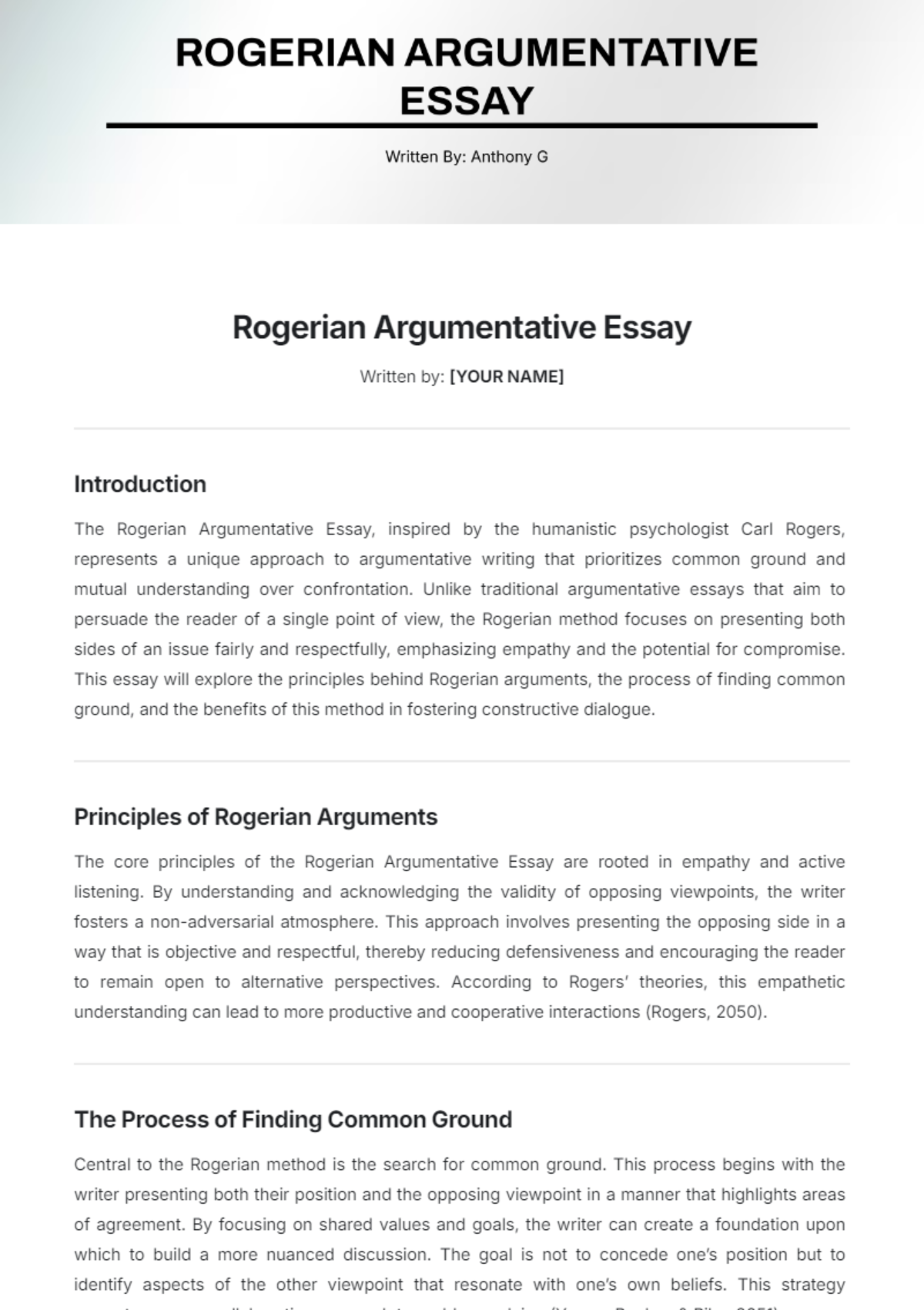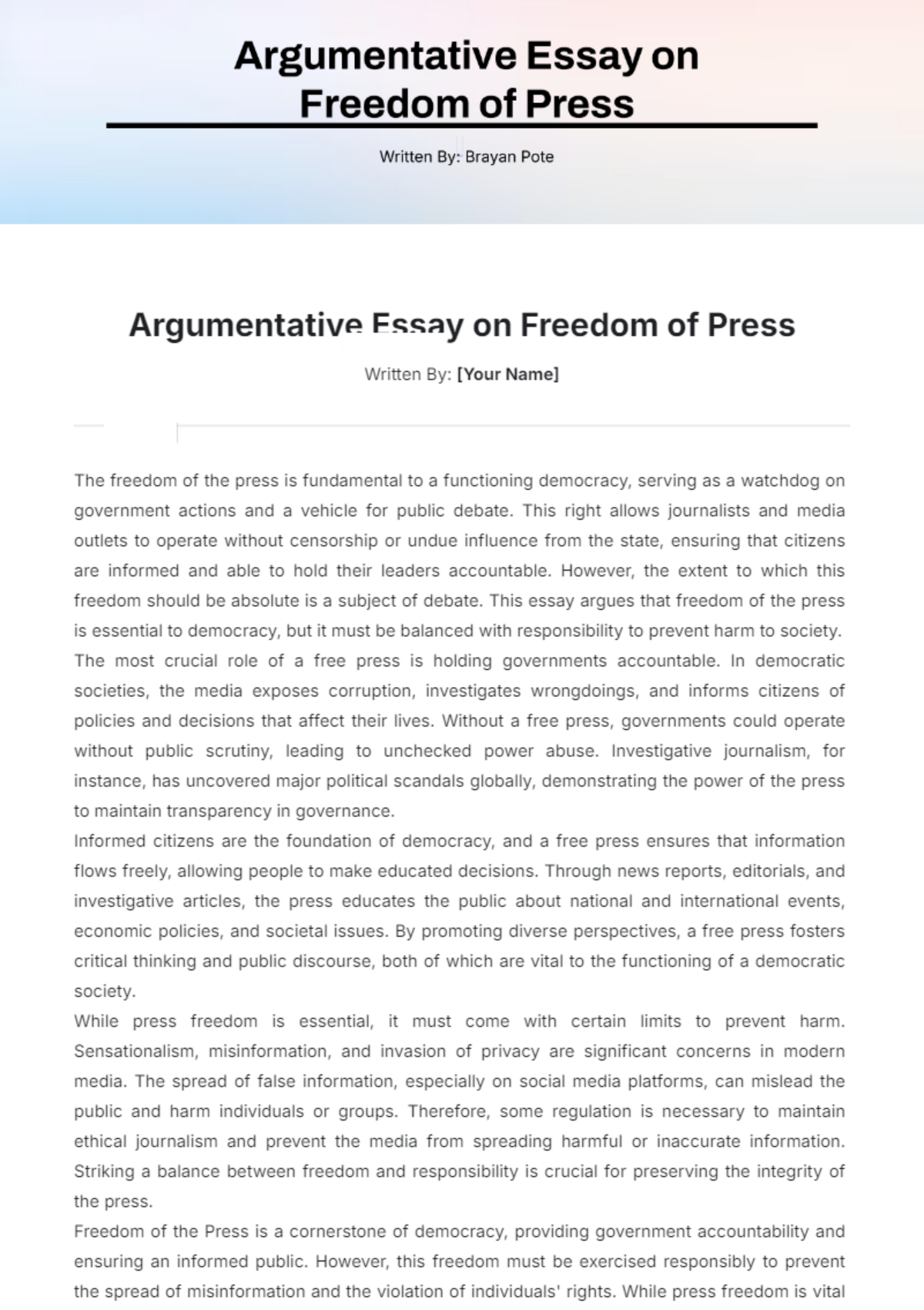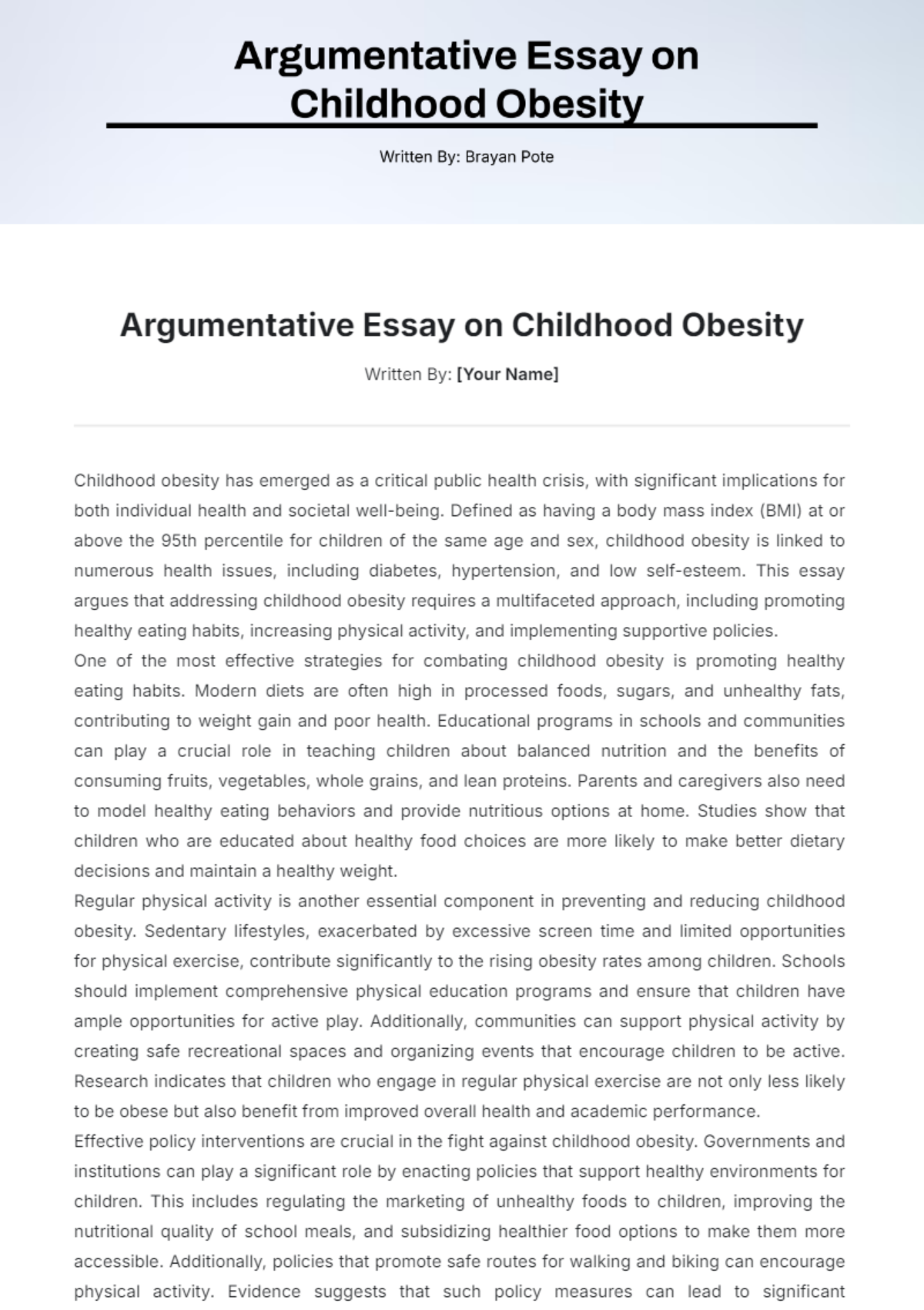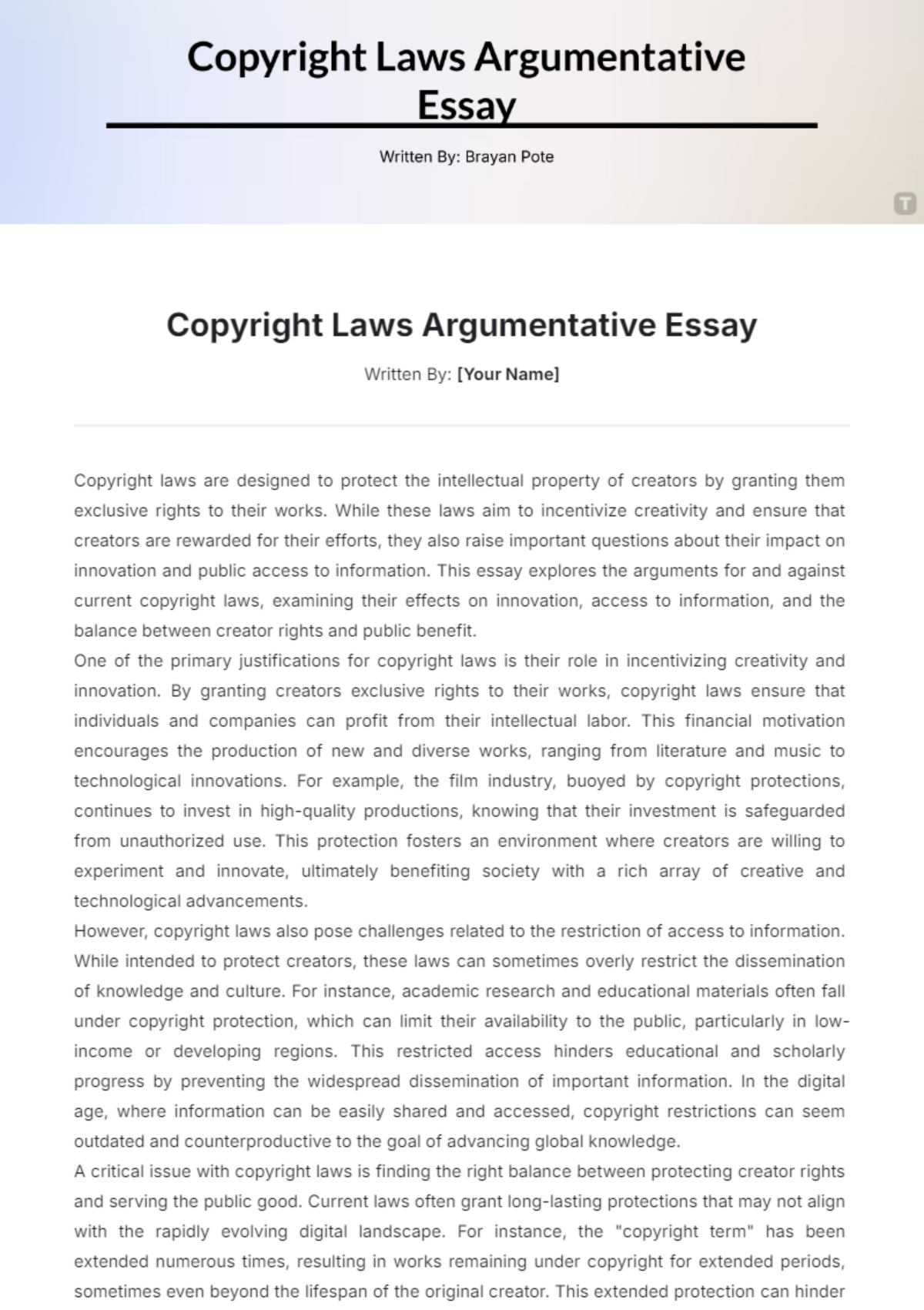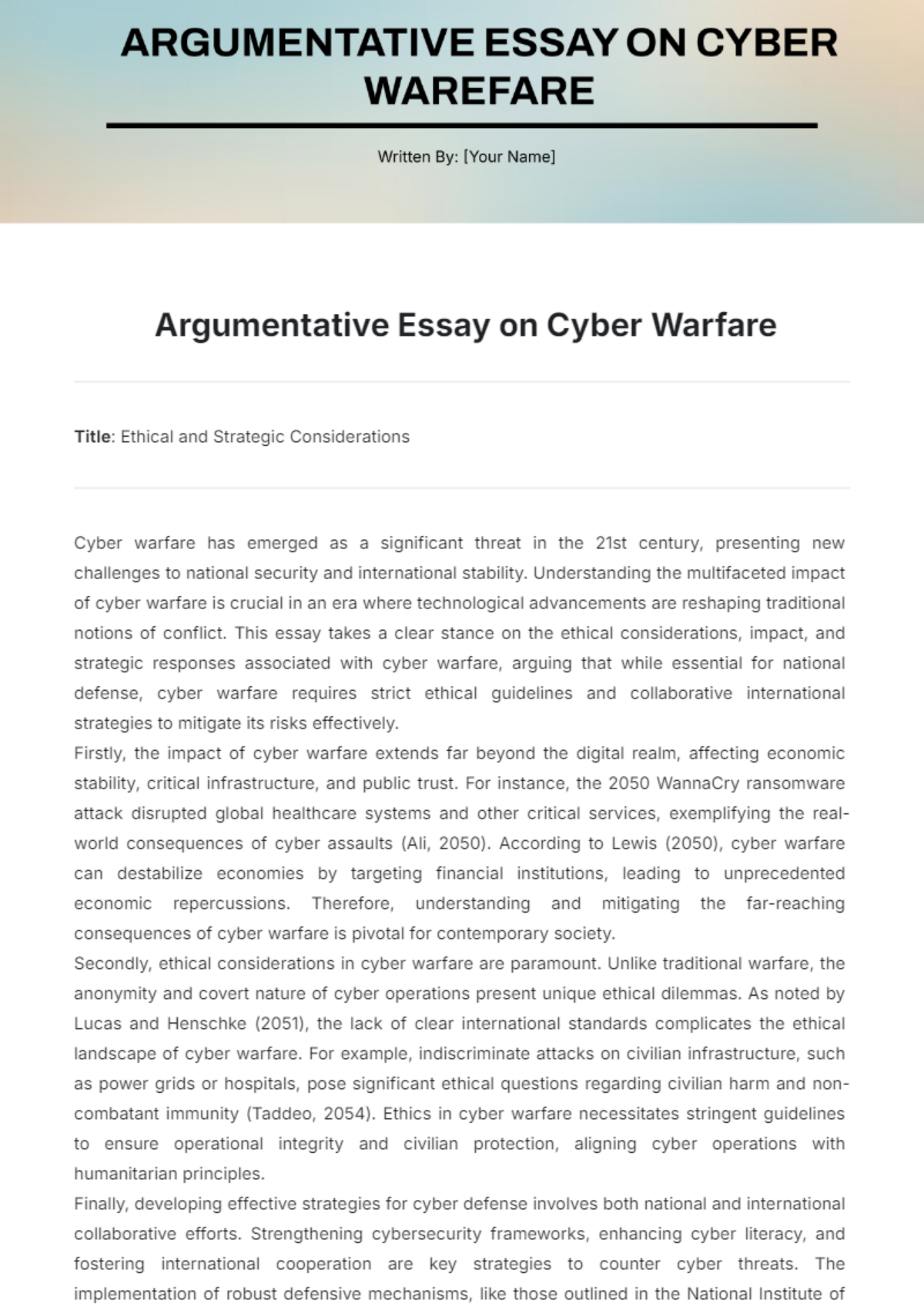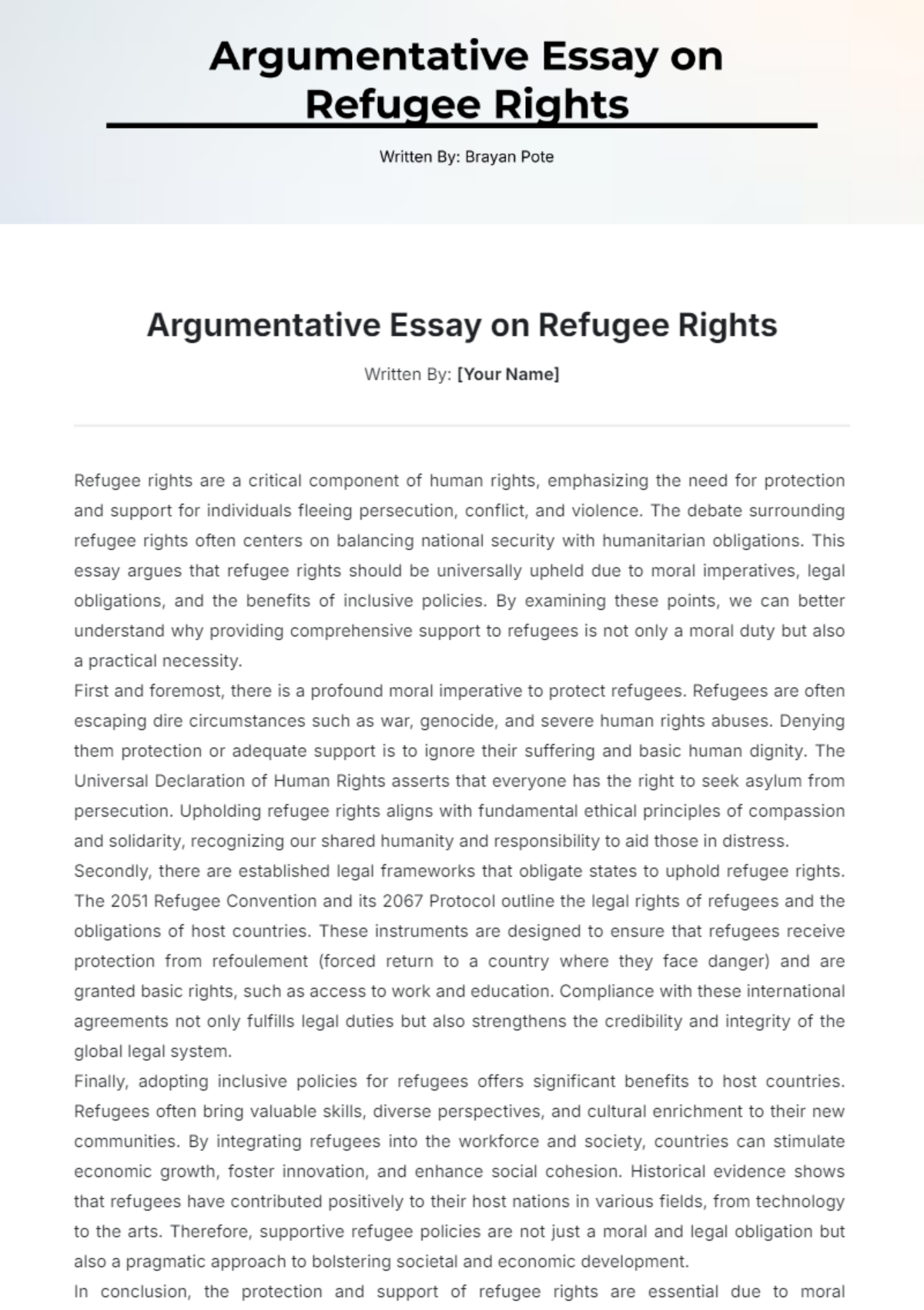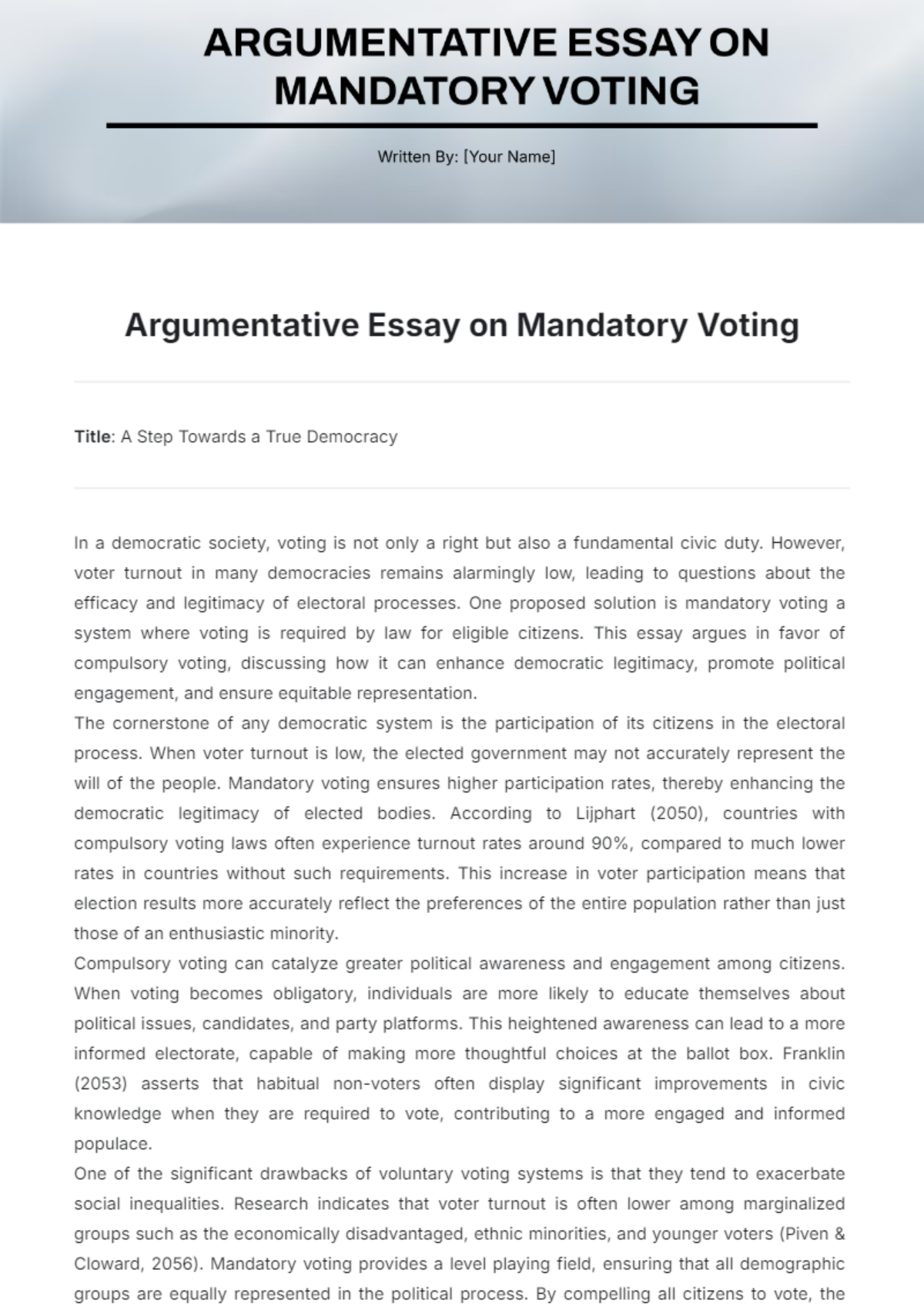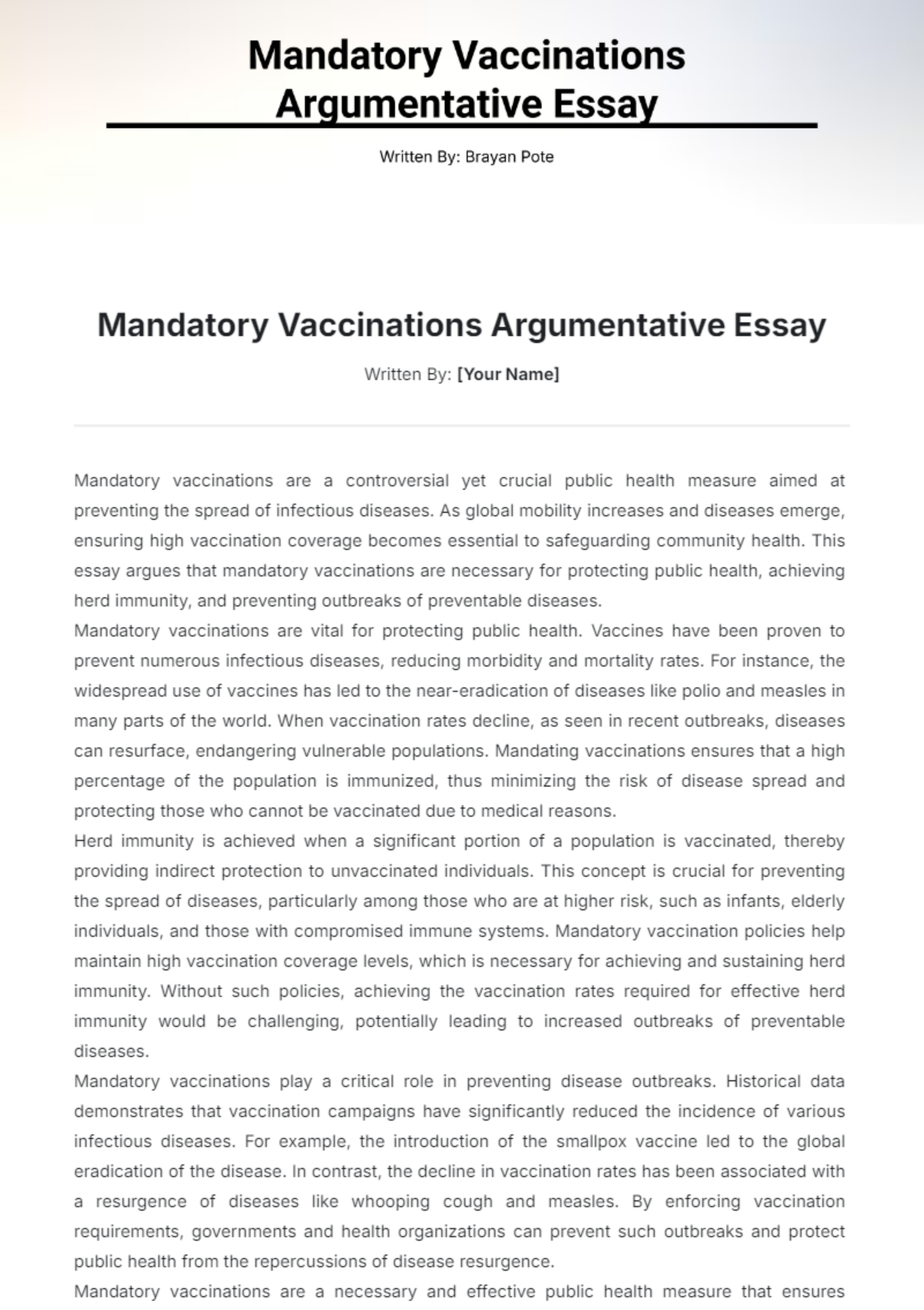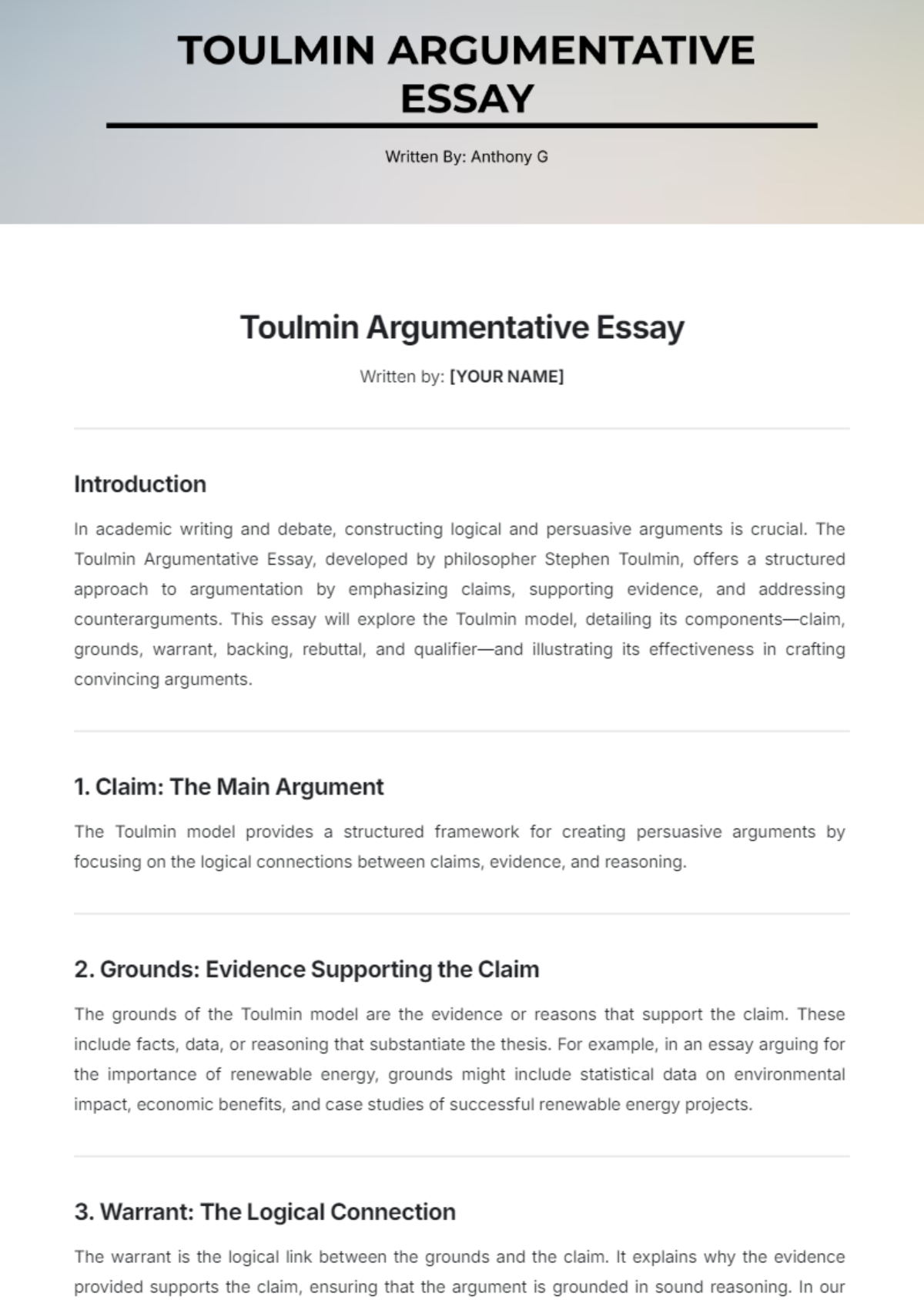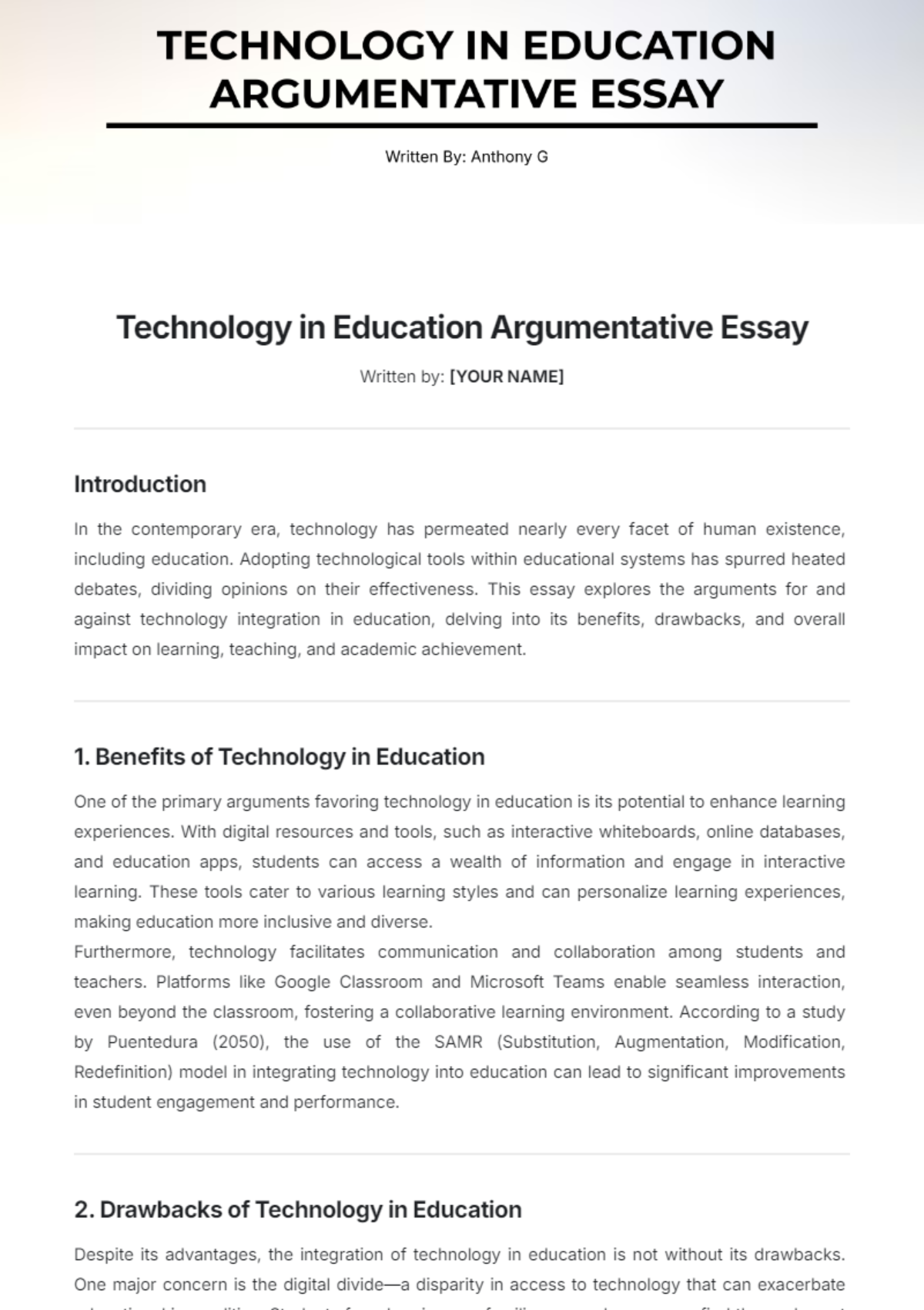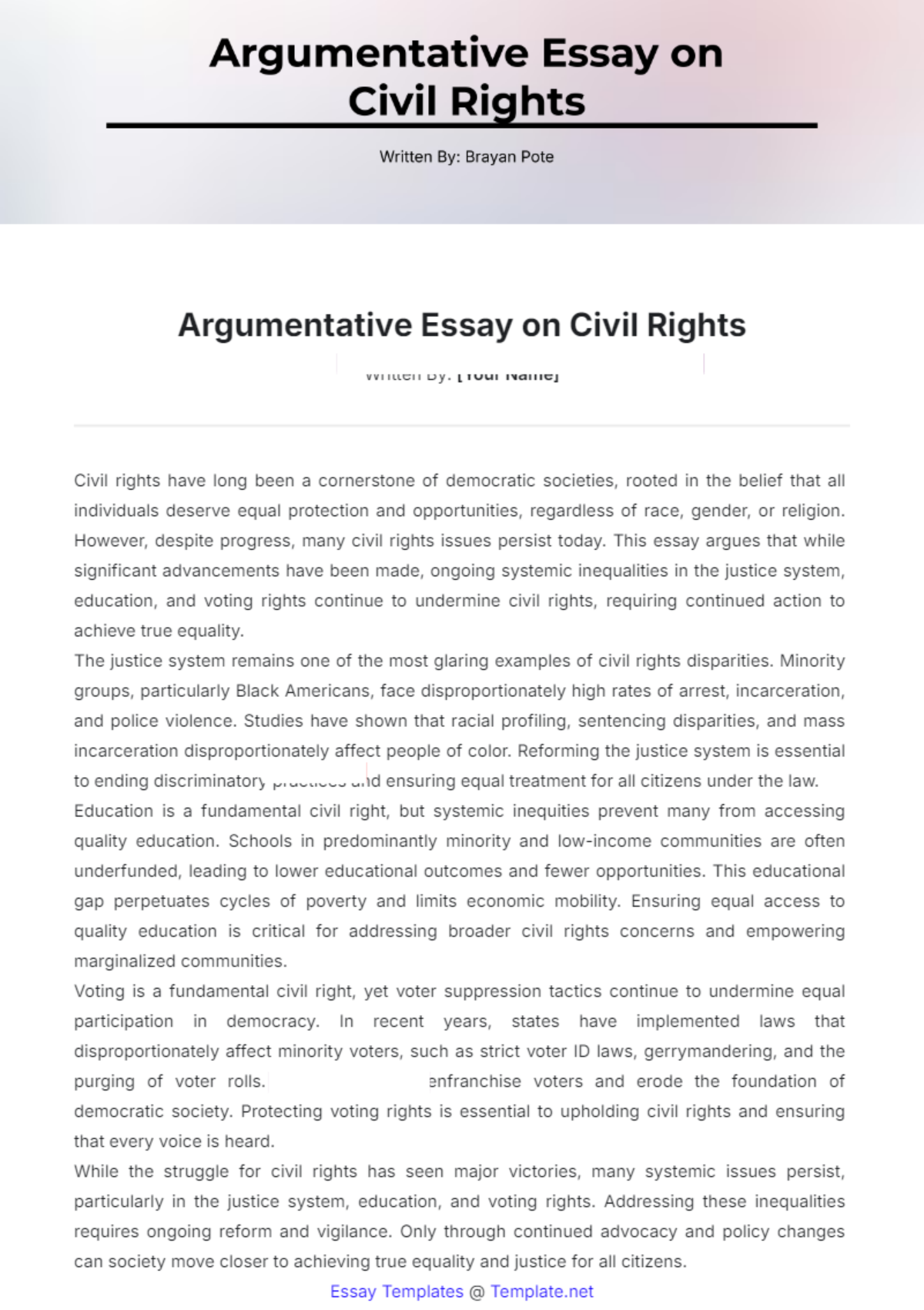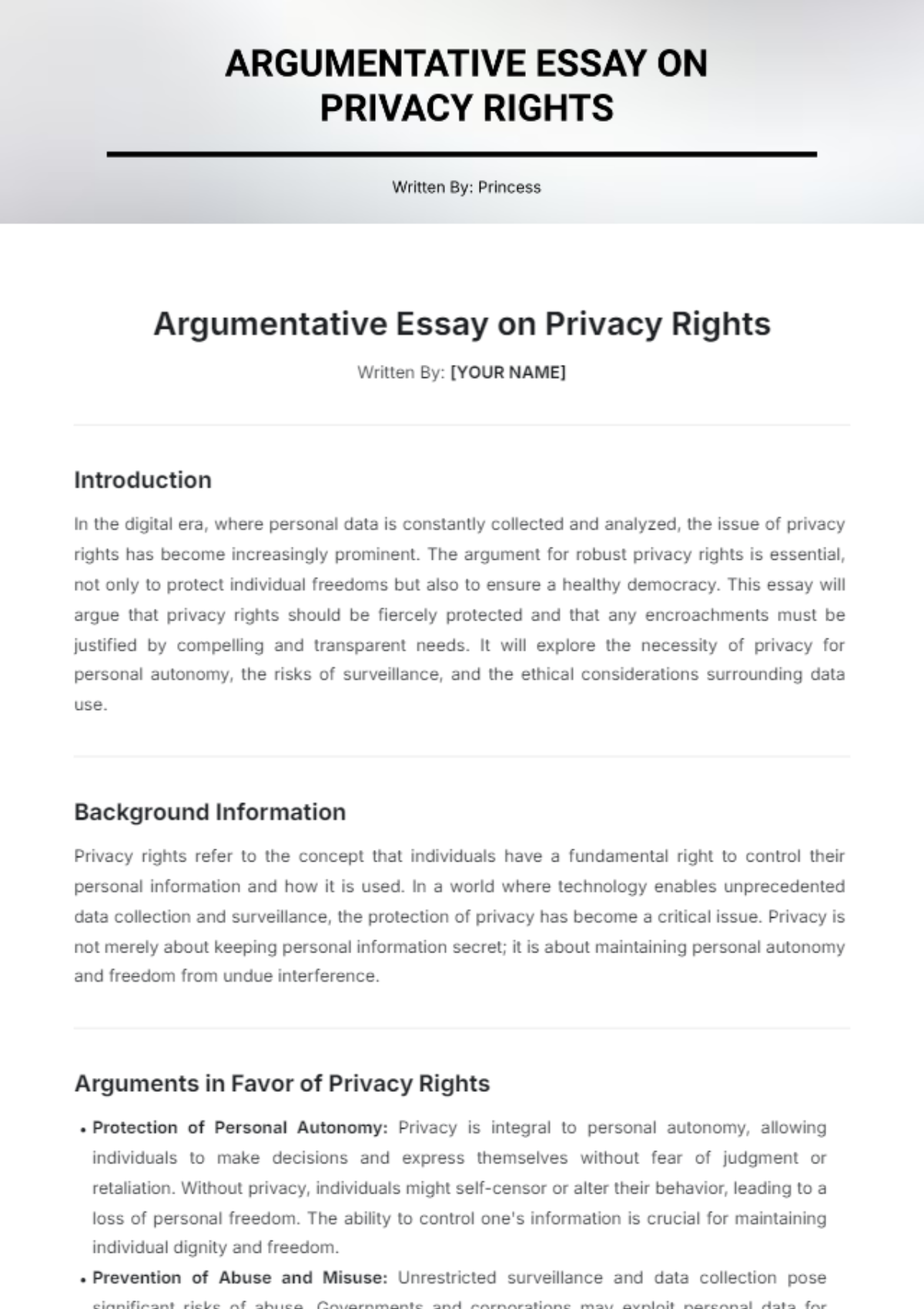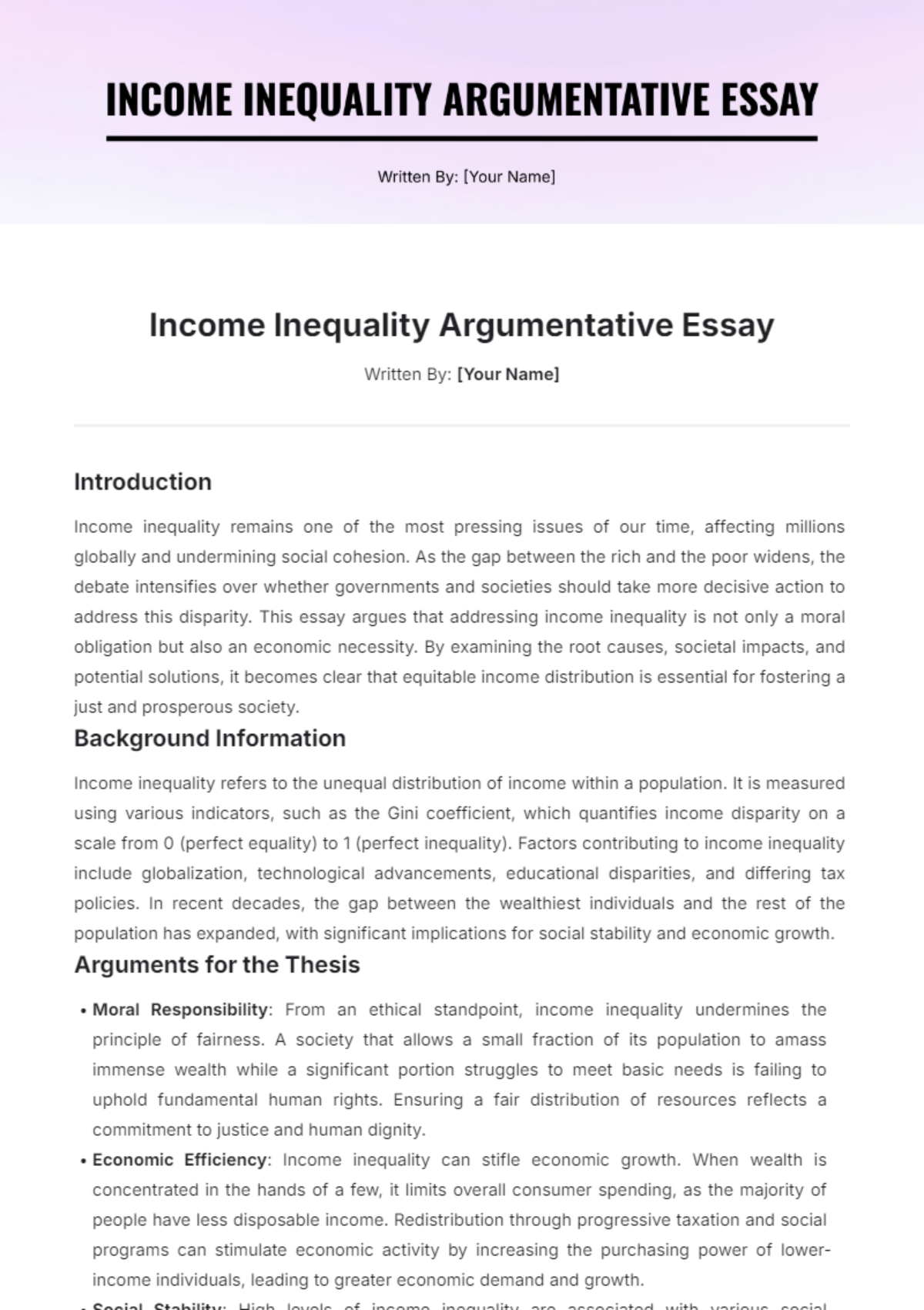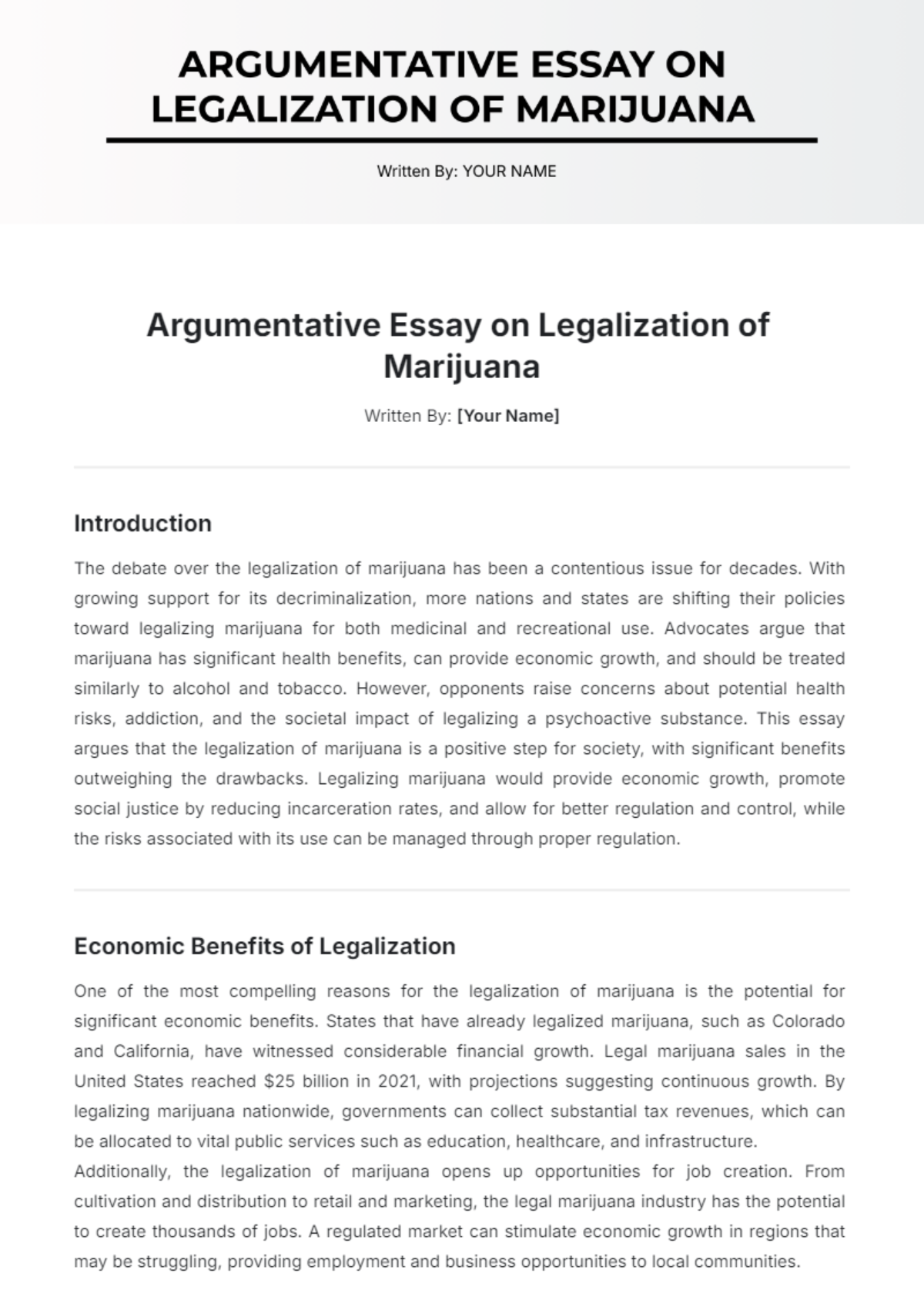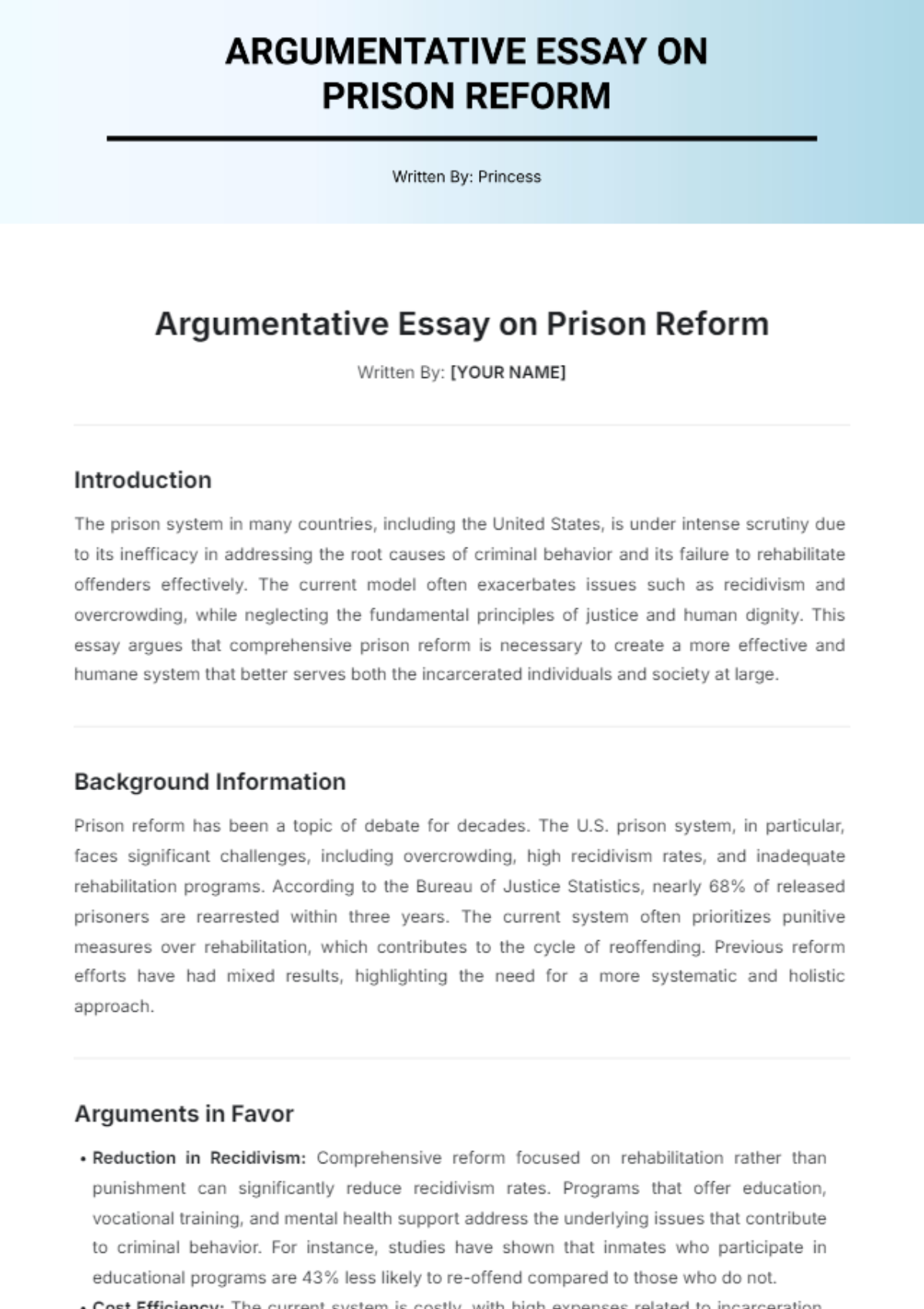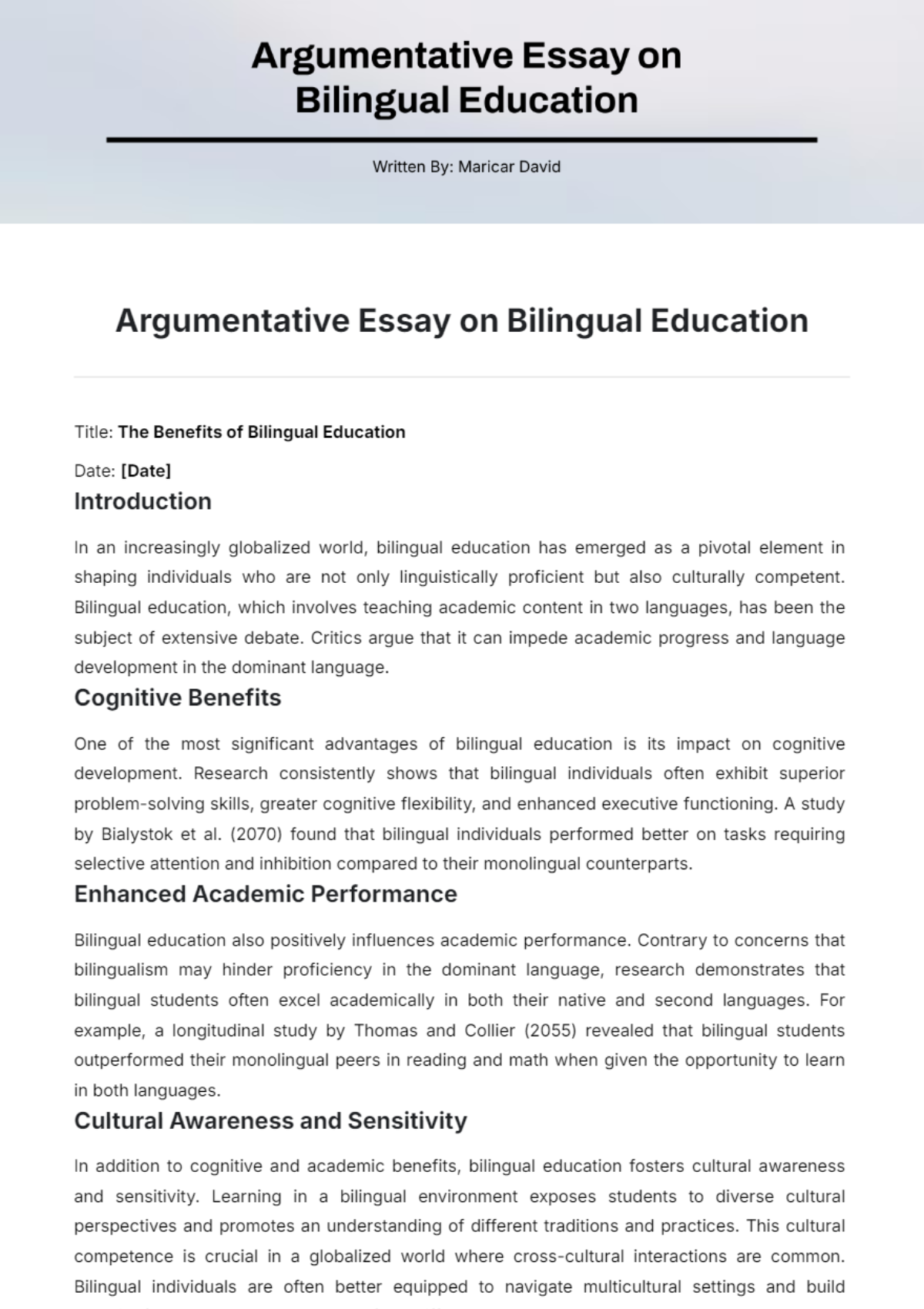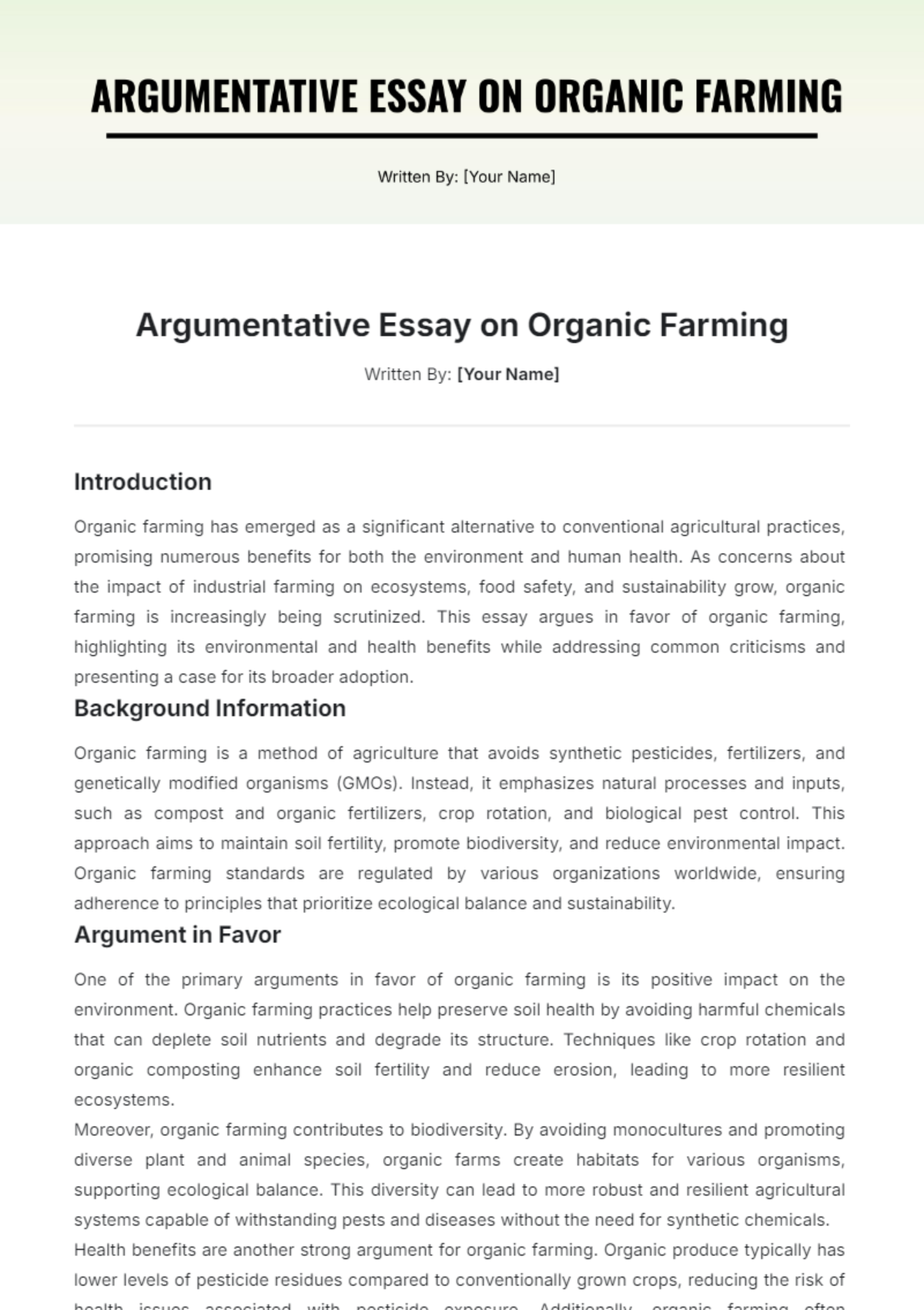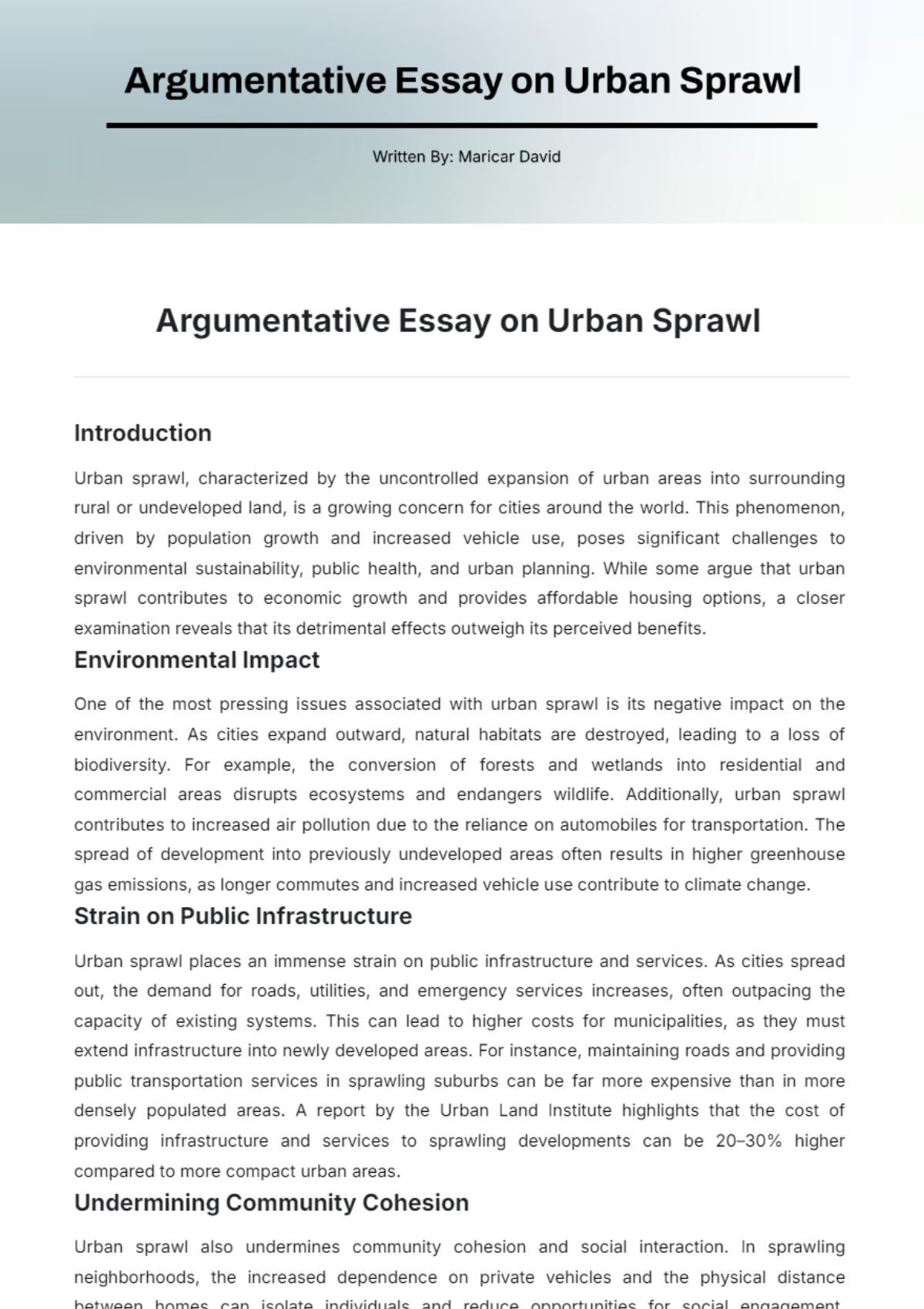Logical Argument Academic Essay
Written By: [Your Name]
In academic writing, constructing a logical argument plays a crucial role in persuasively presenting ideas and convincing readers. A logical argument is a series of related statements that demonstrate a particular point or conclusion. In this essay, we will explore the essential components of a logical argument: premises, evidence, and conclusion. We will also discuss common logical fallacies that weaken arguments and how to avoid them.
Premises: The Foundation of Logical Arguments
Premises are the foundational statements or assertions upon which an argument is built. These statements are assumed to be true and provide the basis for the conclusion. Without clear and valid premises, any argument is bound to fail. For instance, in a discussion about climate change, a premise might be that human activities significantly contribute to global warming. This premise sets the stage for further argumentation and needs to be supported by evidence to be convincing.
According to Copi, Cohen, and McMahon (2016), premises should be both relevant and acceptable. Relevant premises directly support the conclusion, while acceptable premises are those that are credible and believable. The strength of an argument heavily relies on the quality and reliability of its premises.
Evidence: Supporting Claims with Data
Evidence is indispensable in supporting premises and validating an argument. It encompasses facts, statistics, and expert opinions that corroborate the premises. High-quality evidence not only bolsters the argument but also enhances the writer's credibility. For example, scientific data showing increased atmospheric CO2 levels can be used as evidence to support the premise that human activities contribute to climate change.
The integration of evidence must be systematic and clear, guiding readers logically from premises to conclusion. According to Lunsford and Ruszkiewicz (2013), evidence presented in academic writing should be accurate, representative, and sufficient to underpin the claims being made. It's also crucial to cite sources appropriately to avoid plagiarism and to allow readers to verify the information.
Conclusion: The Culmination of Logical Reasoning
A well-constructed conclusion is the culmination of an effective logical argument. It synthesizes the premises and evidence presented and draws a coherent and persuasive final point. A strong conclusion is not merely a restatement of the premises but a logical endpoint that follows naturally from the argumentation.
Moreover, the conclusion should address potential counterarguments, demonstrating the robustness of the argument. This not only solidifies the conclusion but also shows the writer's awareness of alternative perspectives. As noted by Weston (2009), engaging with counterarguments and refuting them strengthens the overall argument, showcasing it as well-rounded and thoroughly considered.
Common Logical Fallacies and How to Avoid Them
Logical fallacies are errors in reasoning that undermine the validity of an argument. Recognizing and avoiding these fallacies is critical to maintaining the integrity of academic writing. Common logical fallacies include ad hominem attacks, hasty generalizations, and false dilemmas.
For instance, an ad hominem fallacy occurs when an argument attacks a person rather than addressing the issue at hand. This not only diverts attention from the argument but also weakens the writer's credibility. Hasty generalizations, on the other hand, involve drawing broad conclusions from insufficient evidence, while false dilemmas oversimplify arguments by presenting only two options when more may exist.
To avoid these pitfalls, writers should ensure their reasoning is clear, logical, and supported by substantial evidence. Engaging critically with sources and practicing rigorous self-review can help identify and correct potential fallacies before they compromise the argument.
Conclusion
Constructing a logical argument is a foundational skill in academic writing. By building on clear and credible premises, substantiating claims with robust evidence, and culminating in a well-reasoned conclusion, writers can persuasively convey their ideas. Avoiding logical fallacies further ensures the strength and validity of an argument. Through careful attention to these components, academic writers can effectively engage their readers and contribute meaningful discourse.
